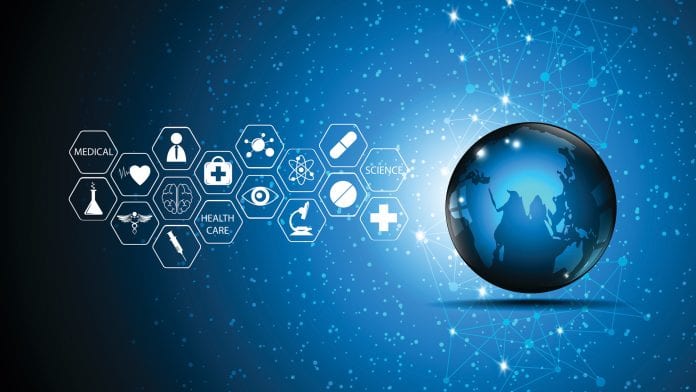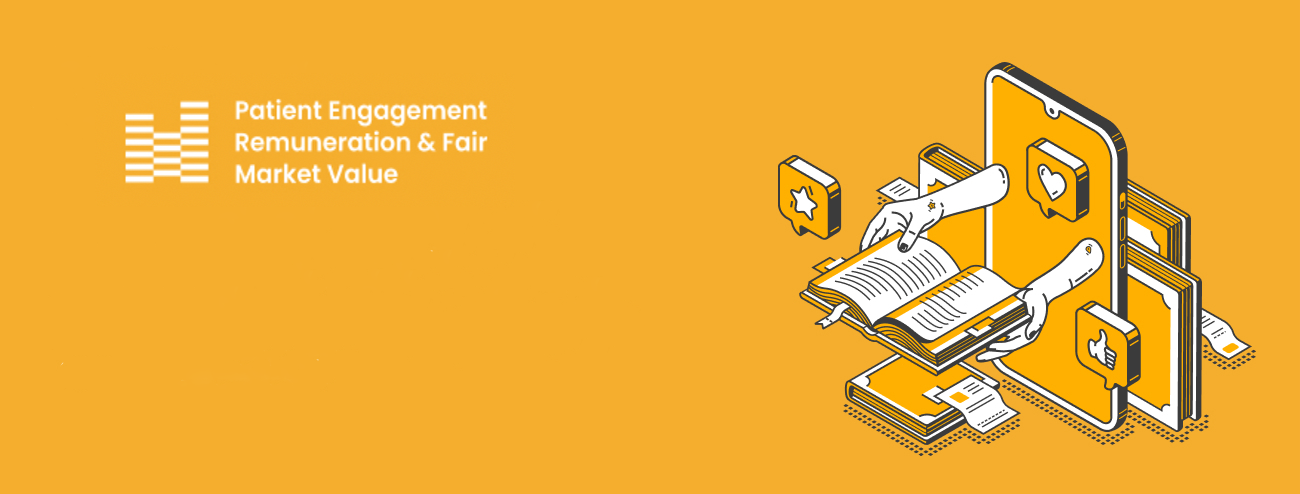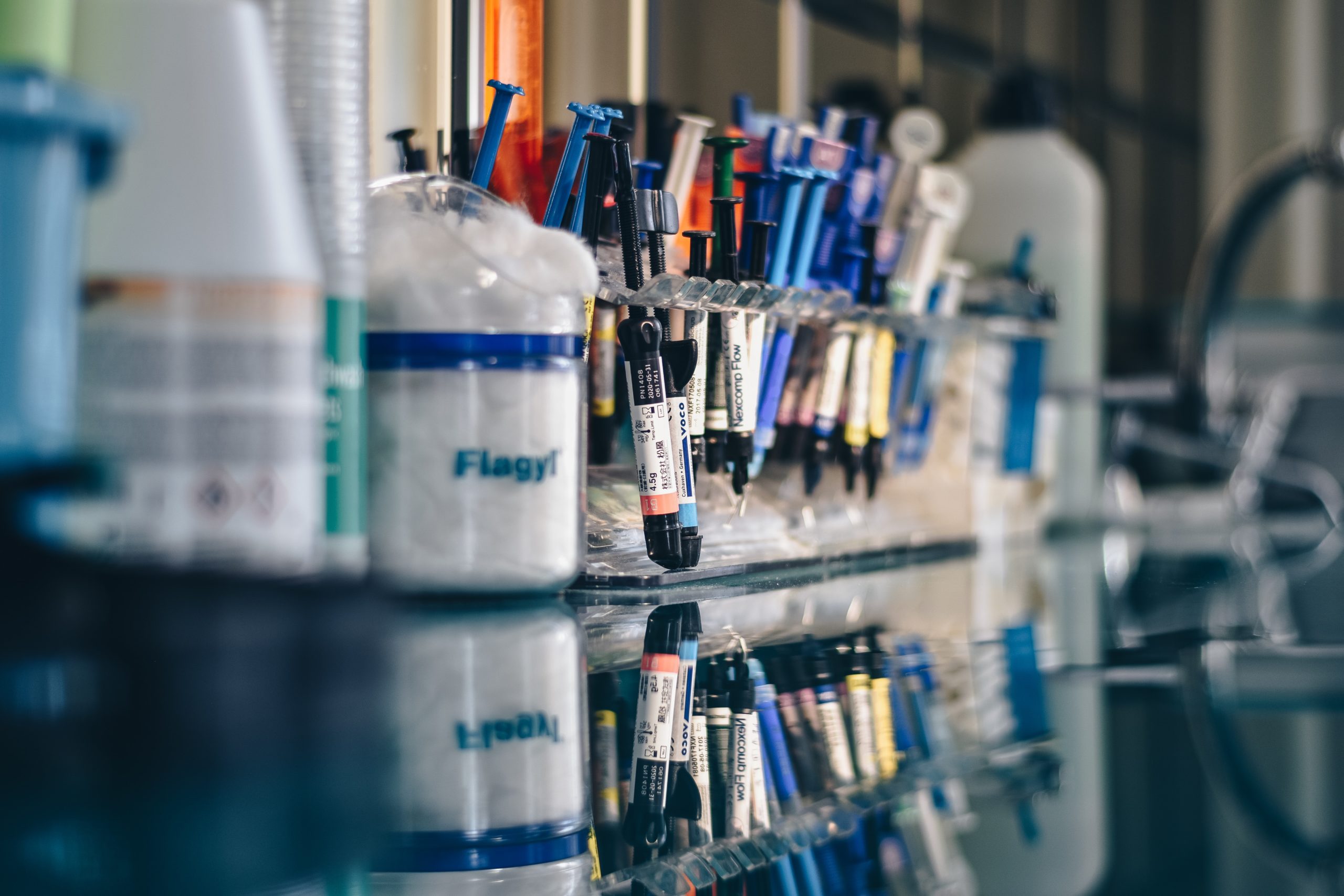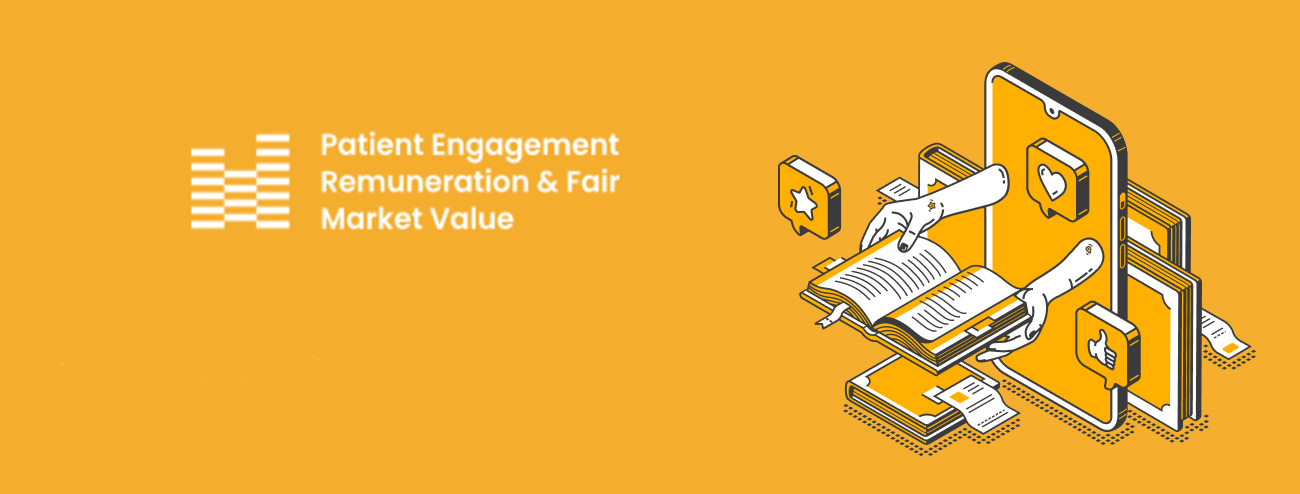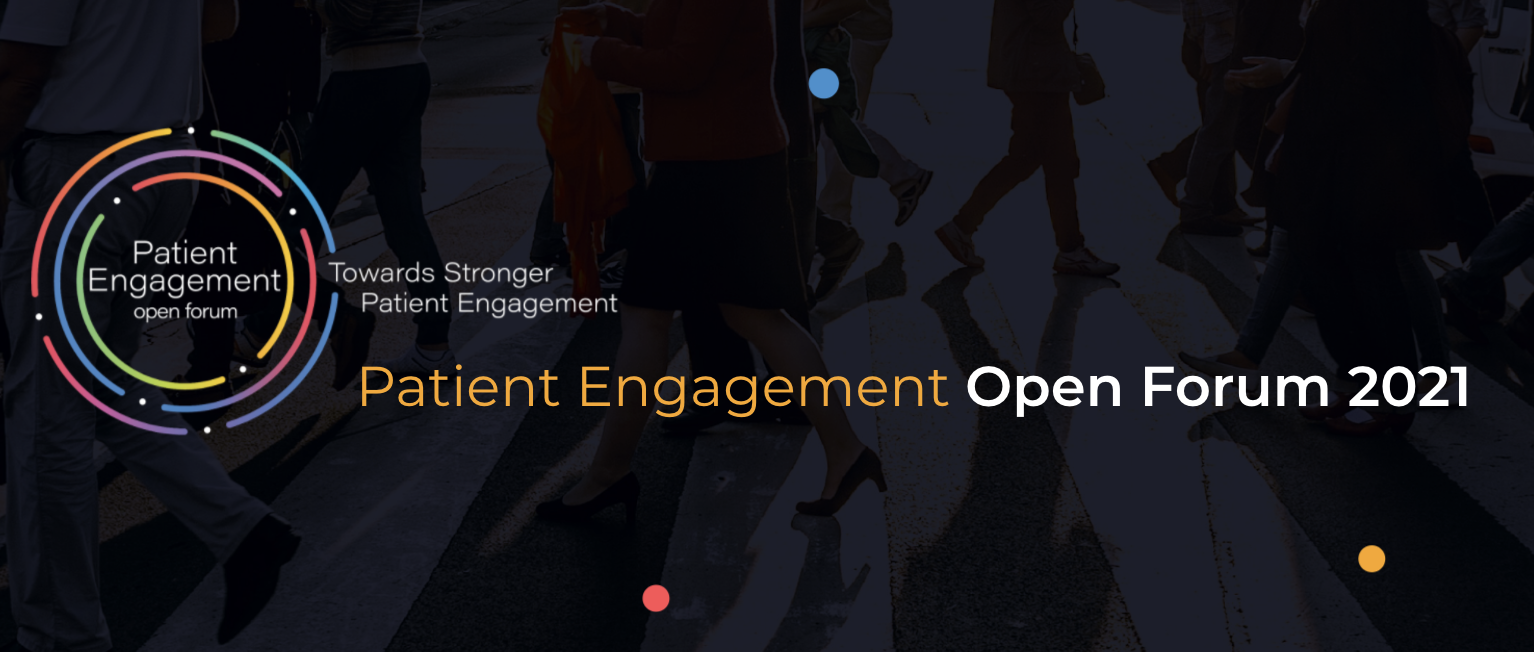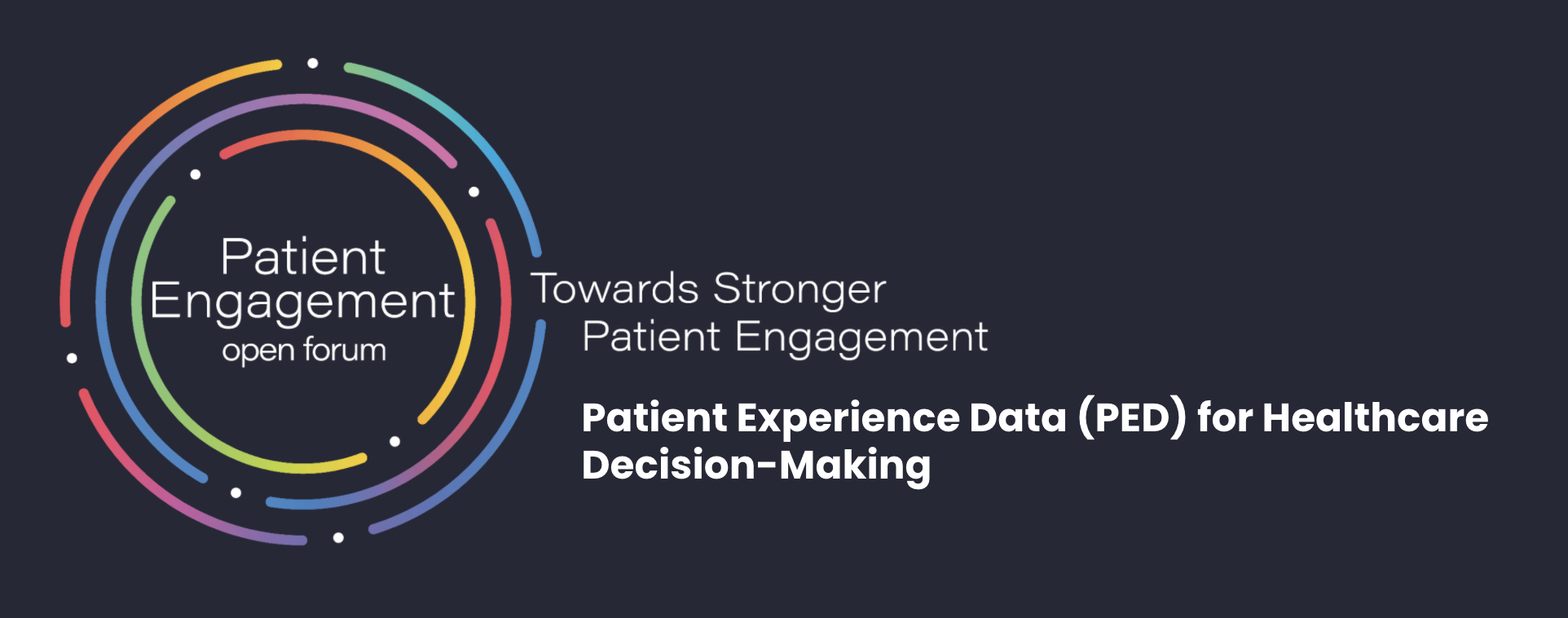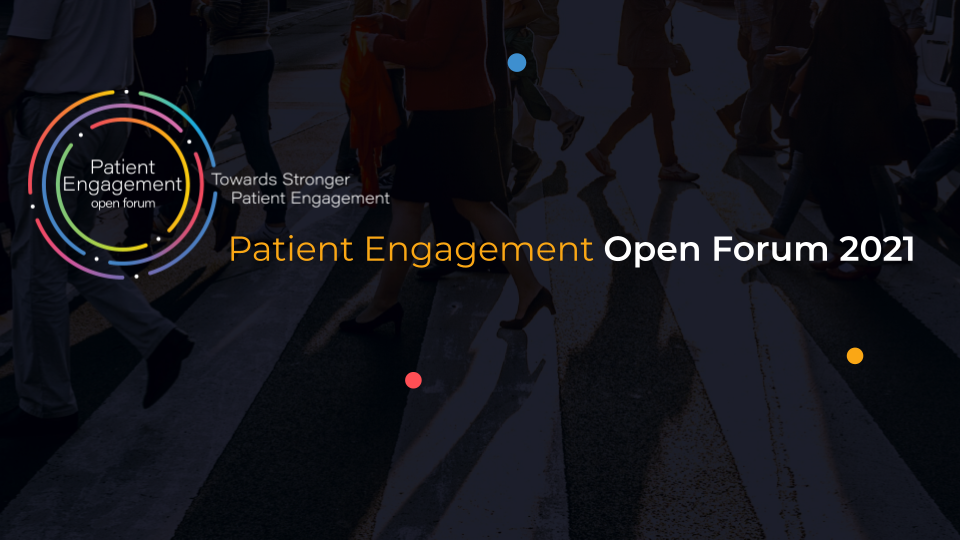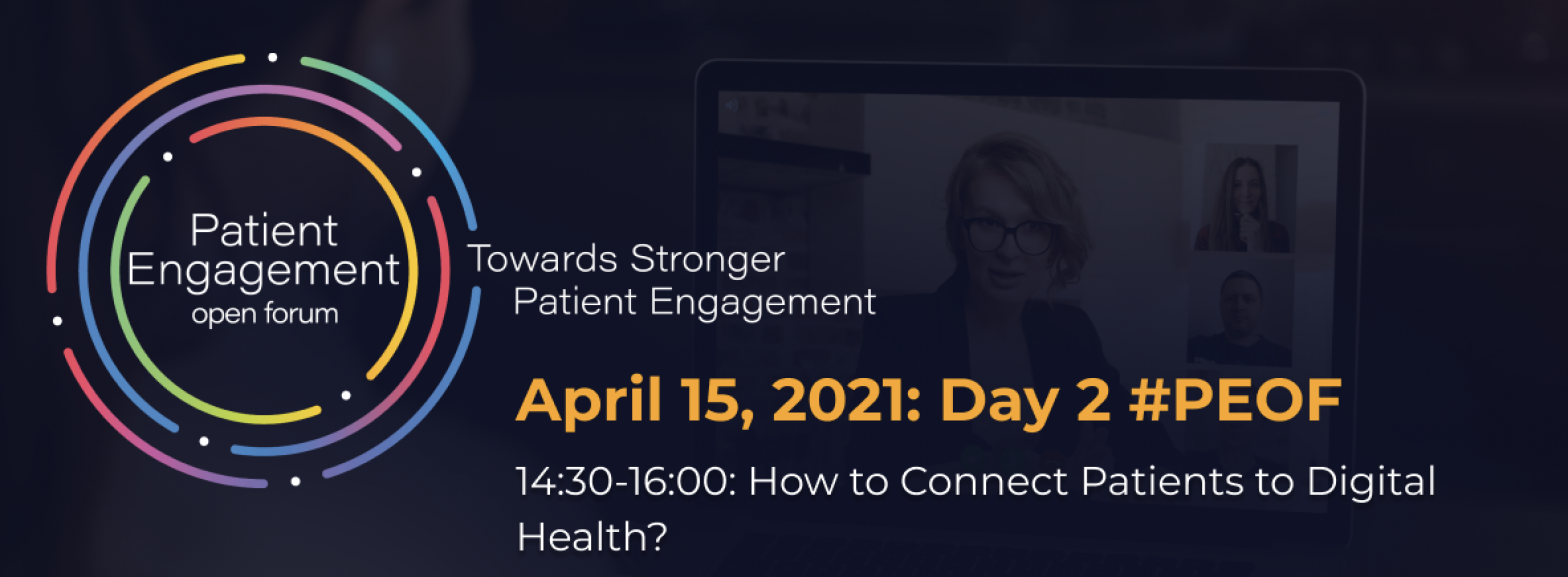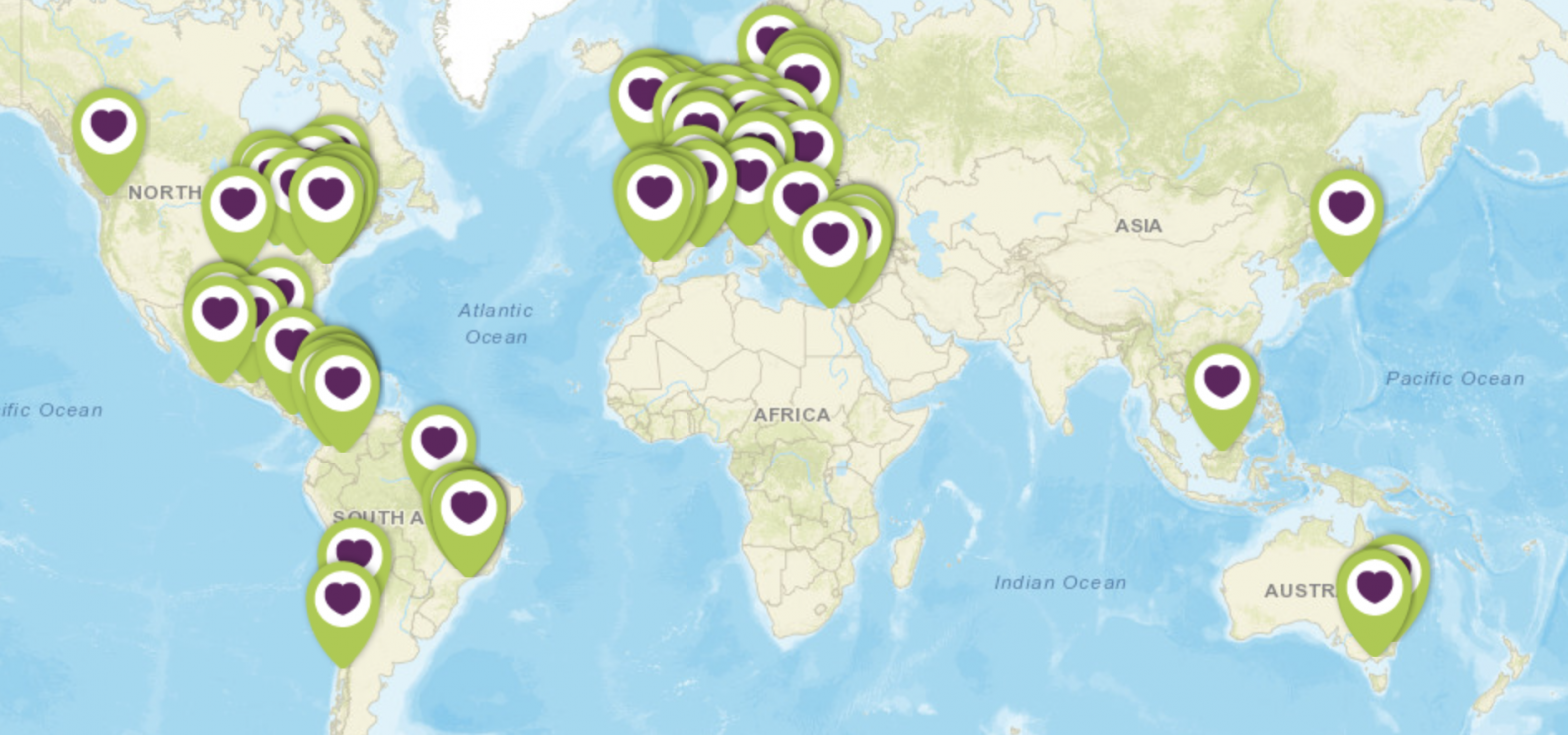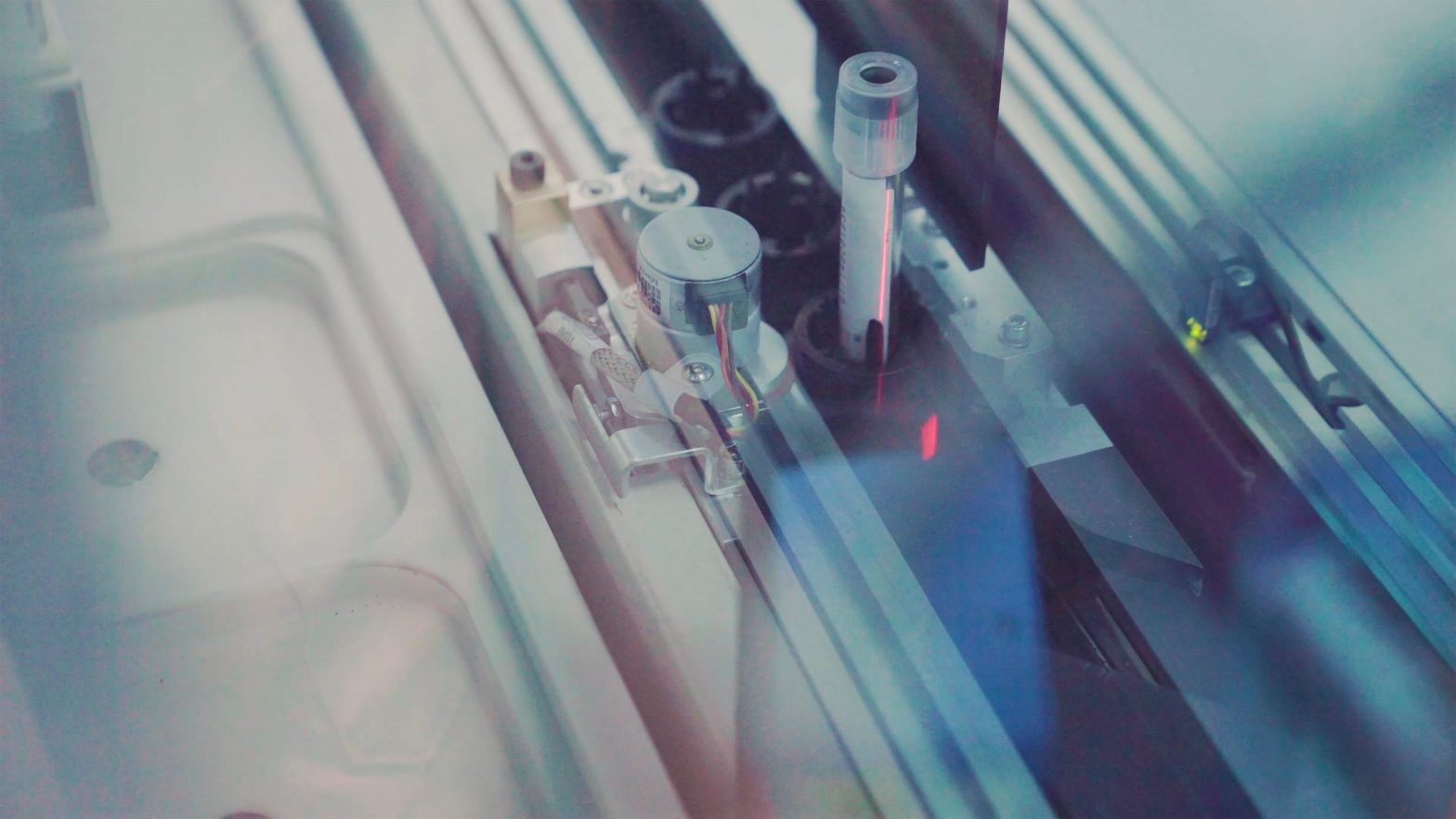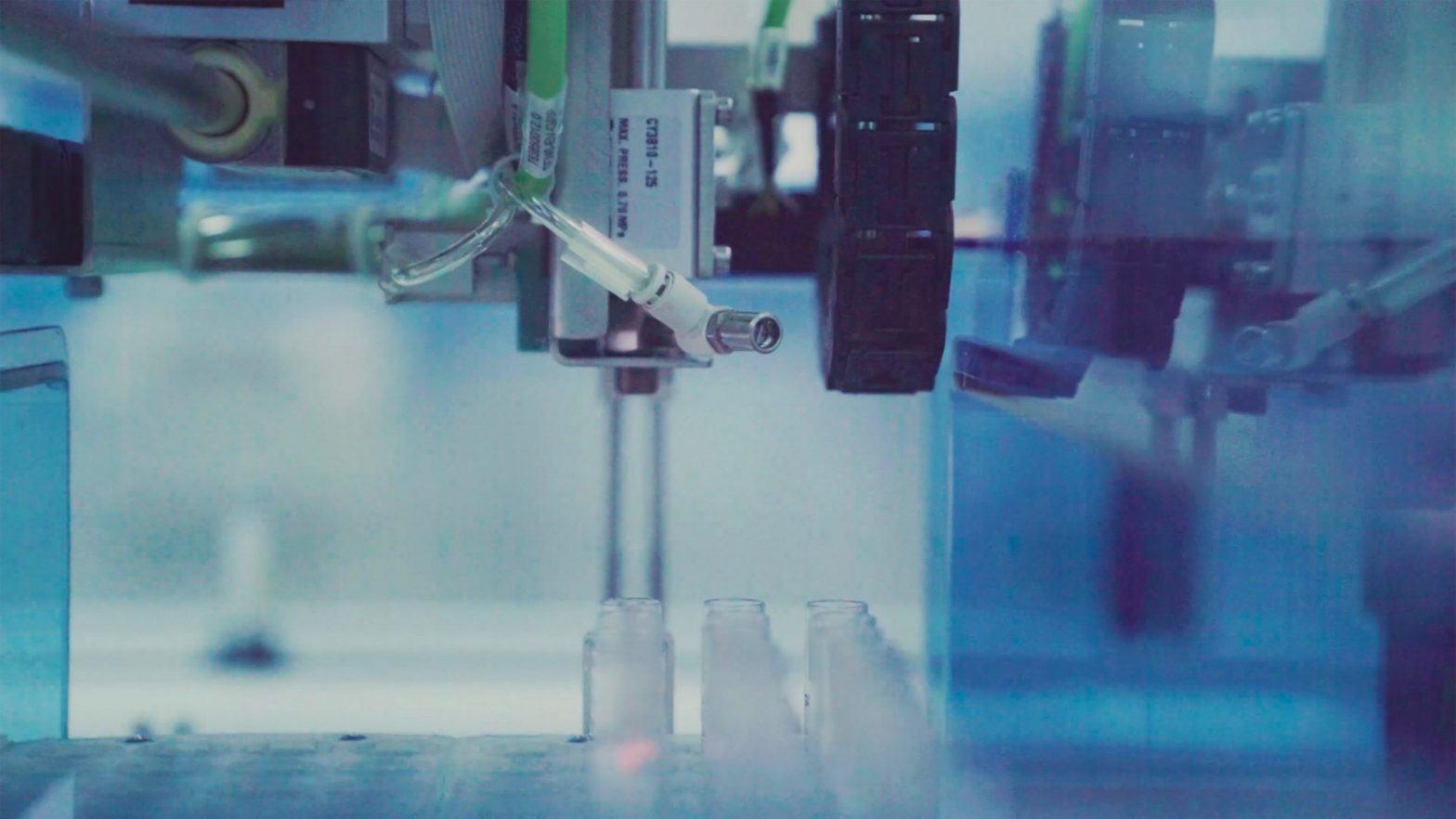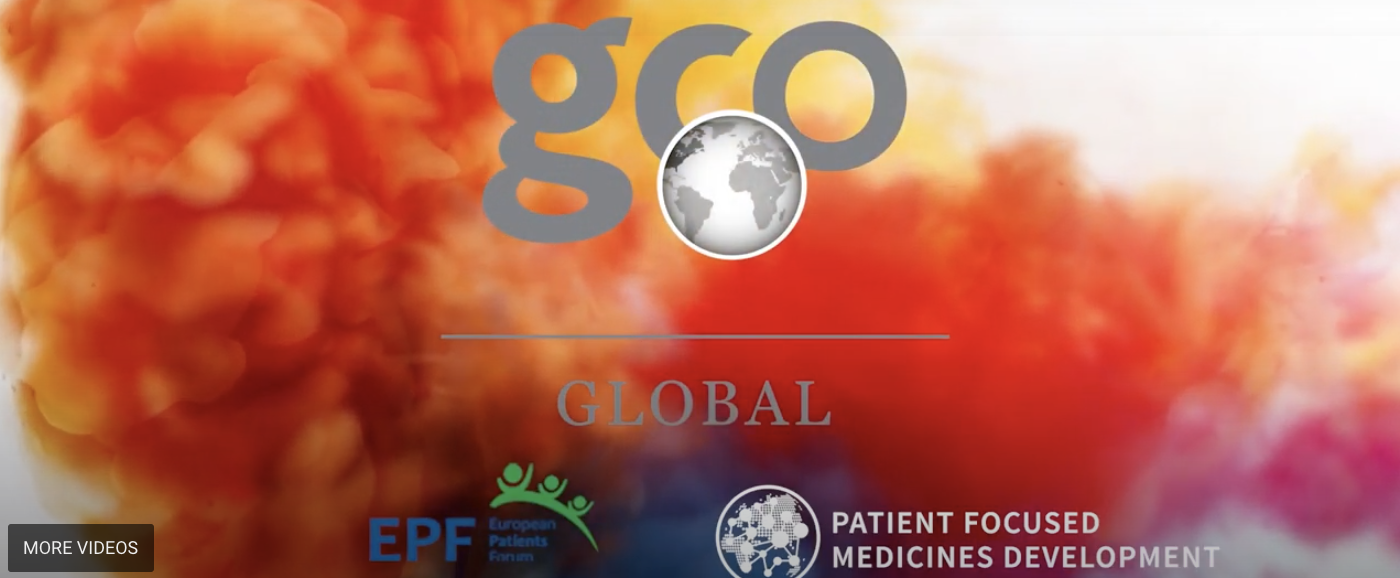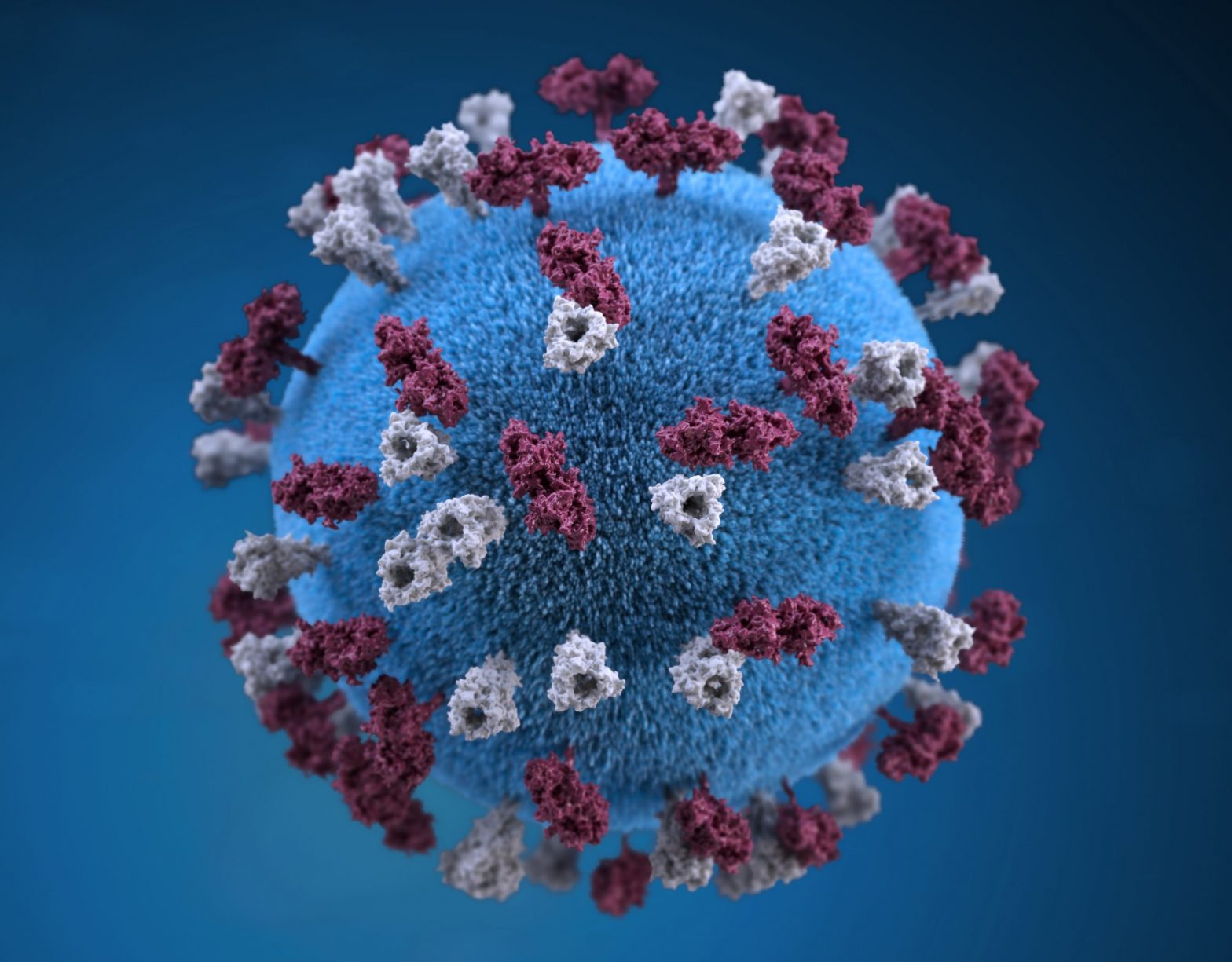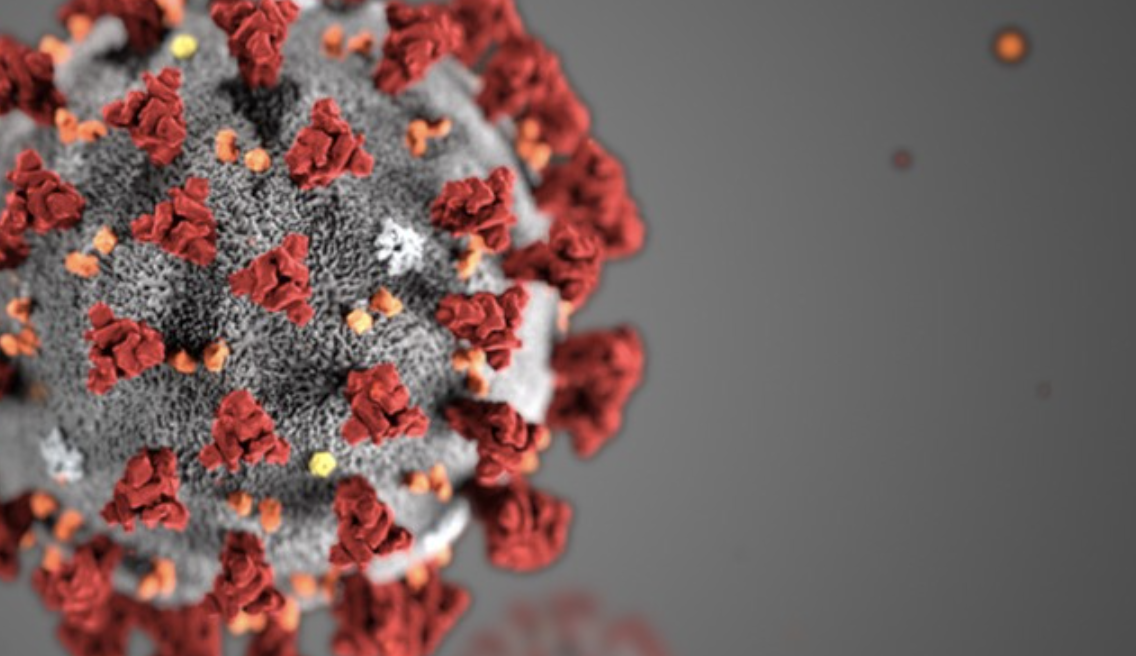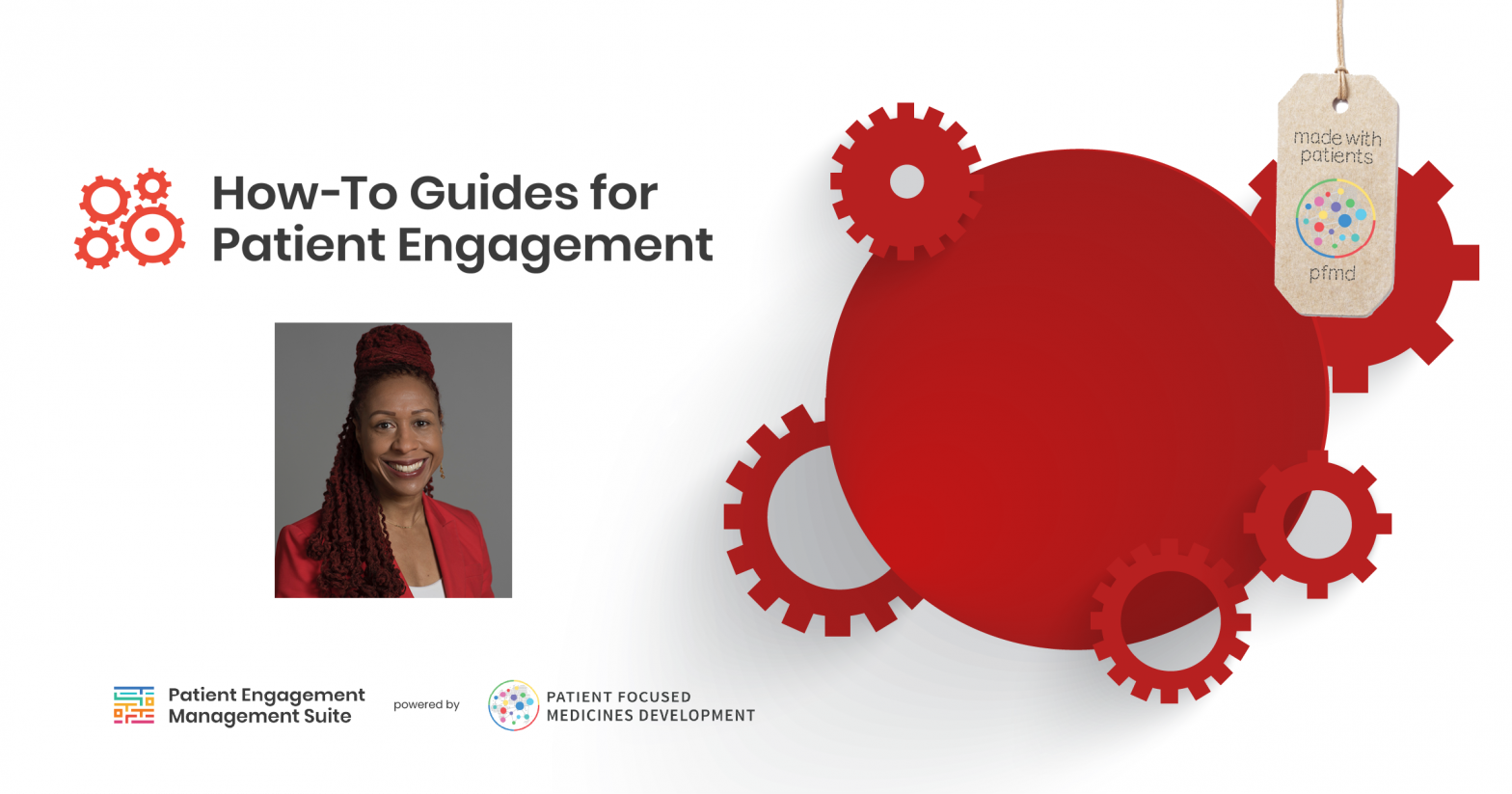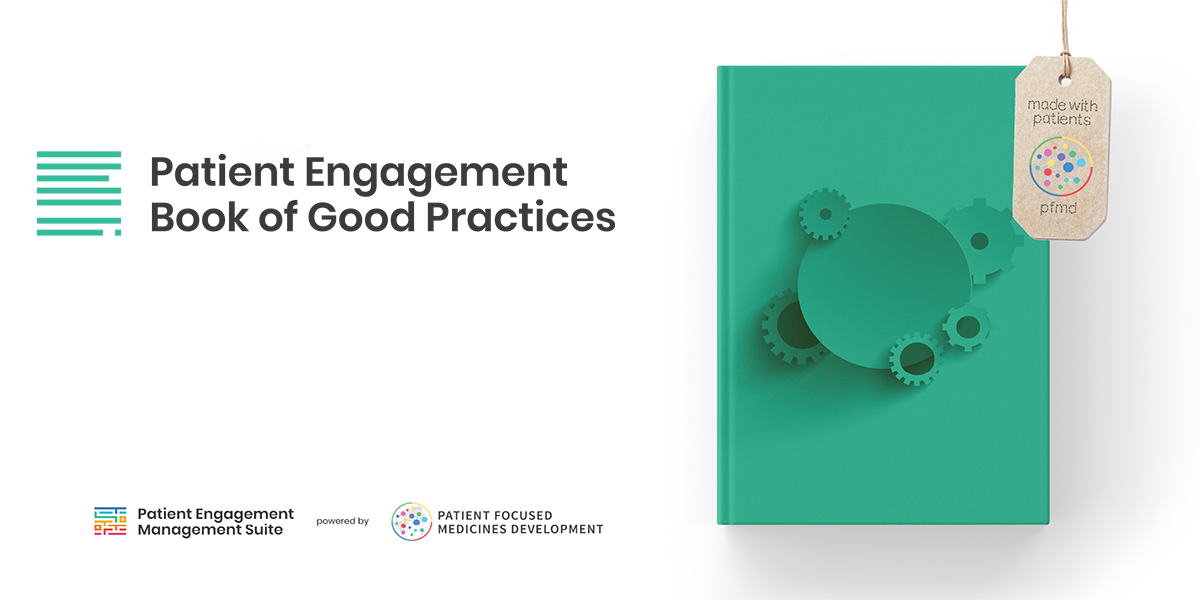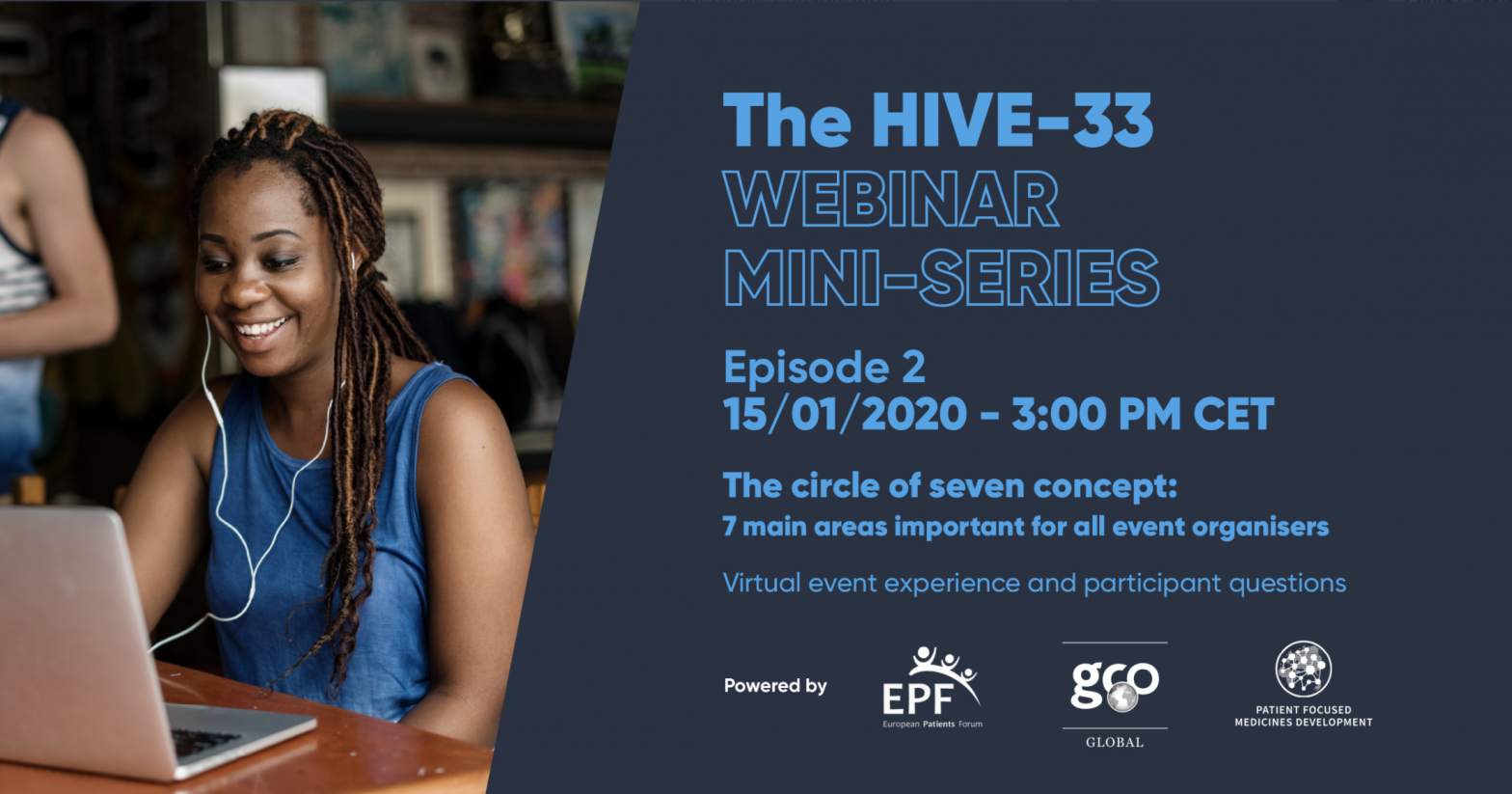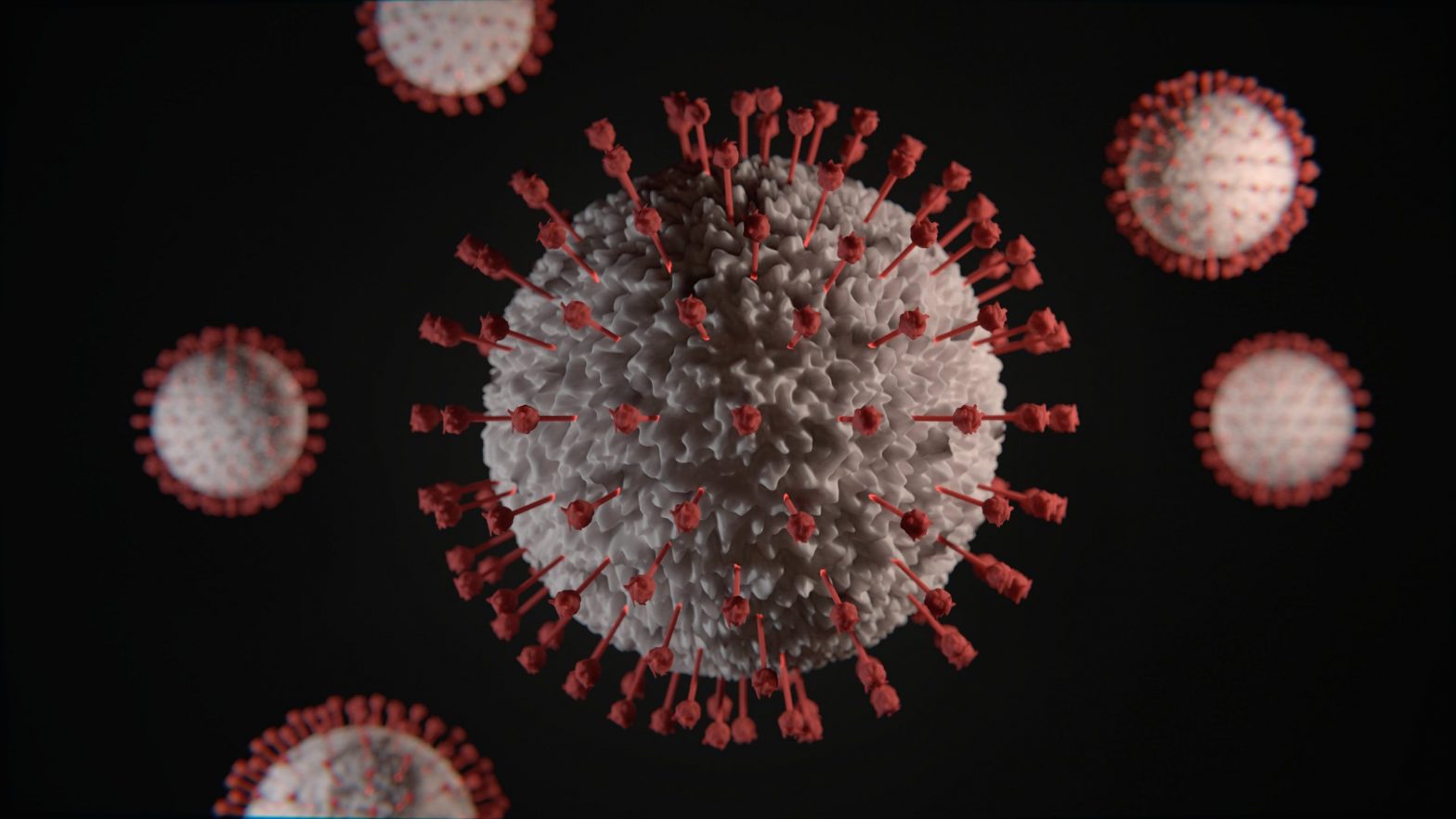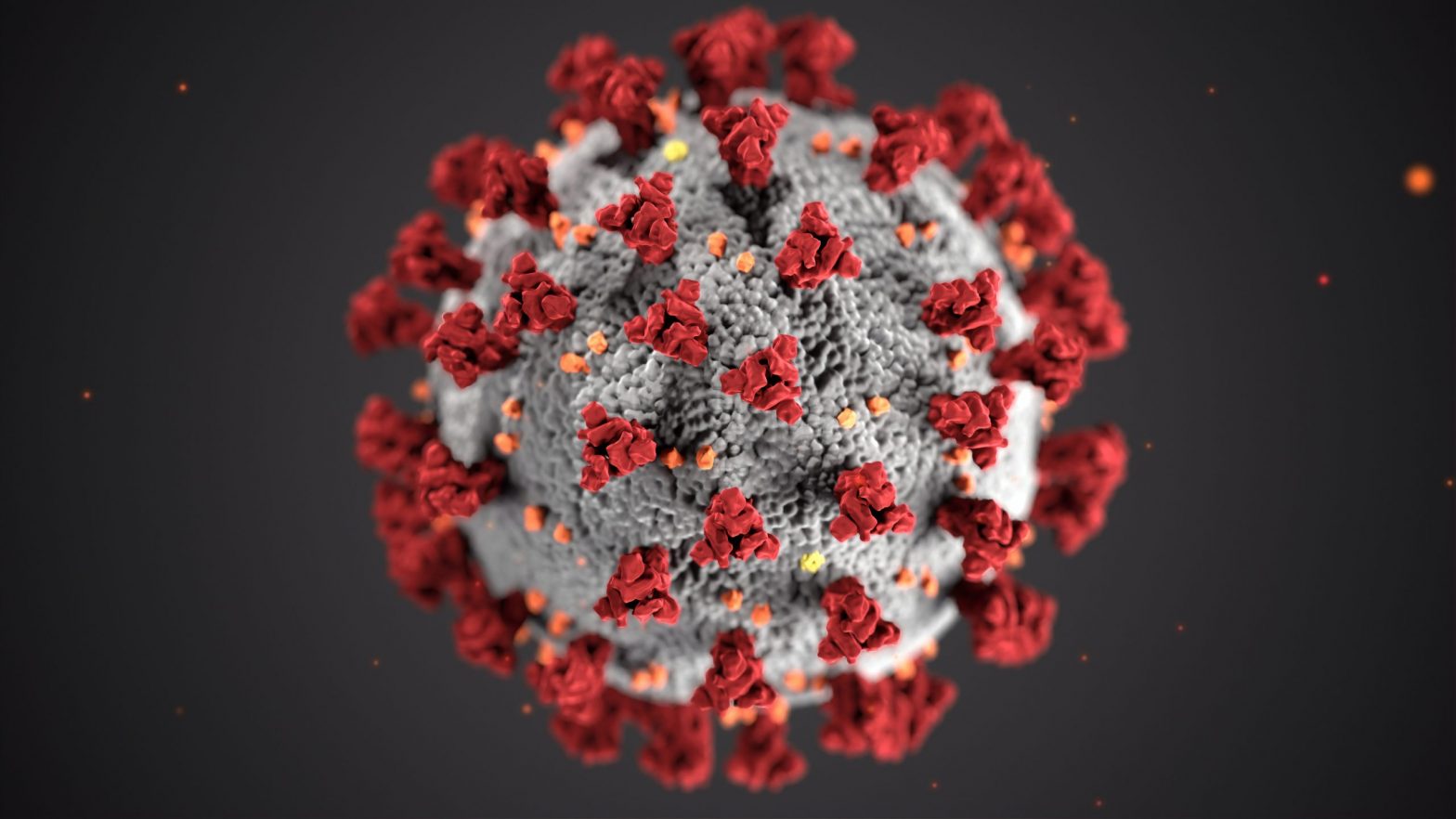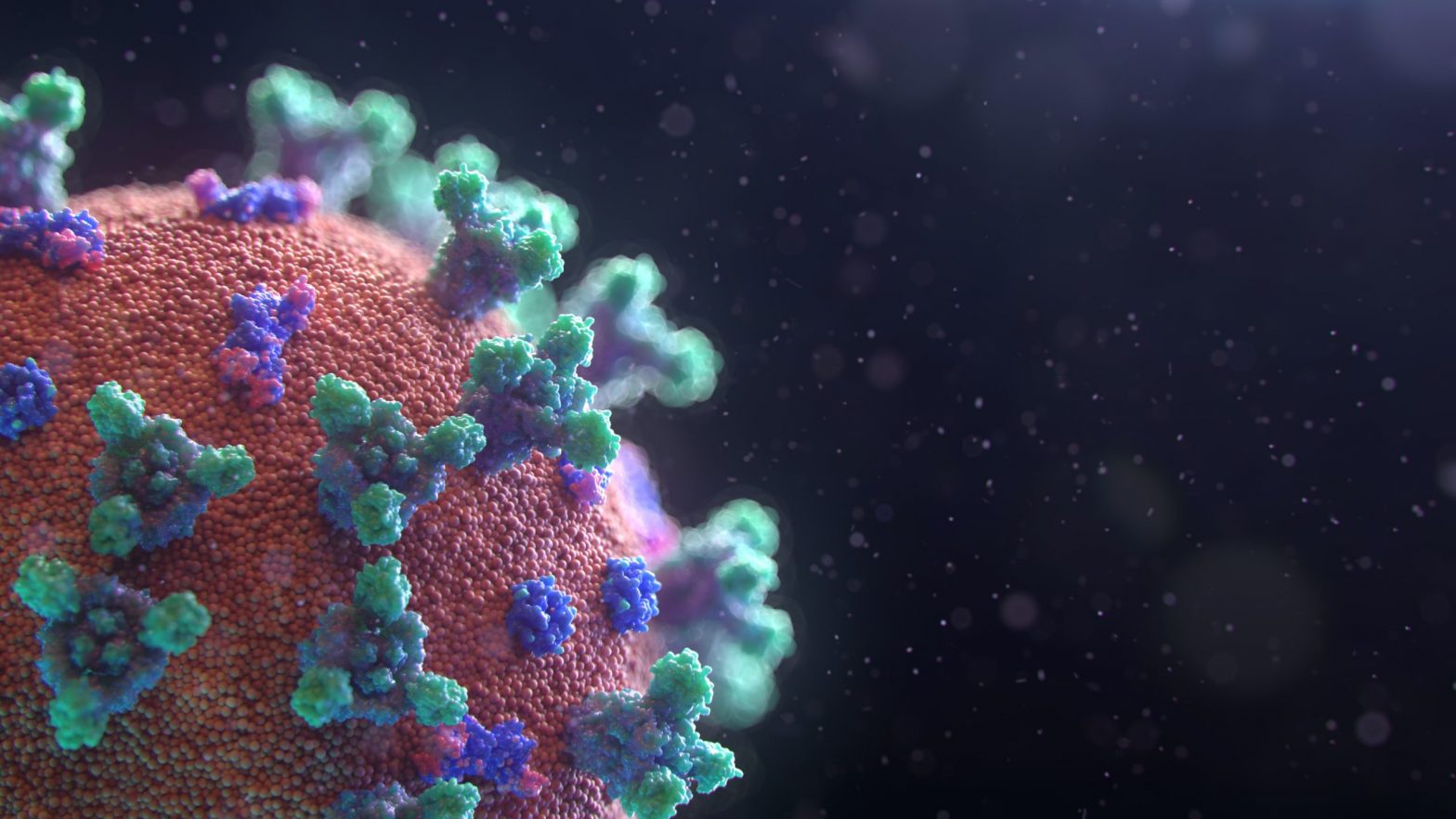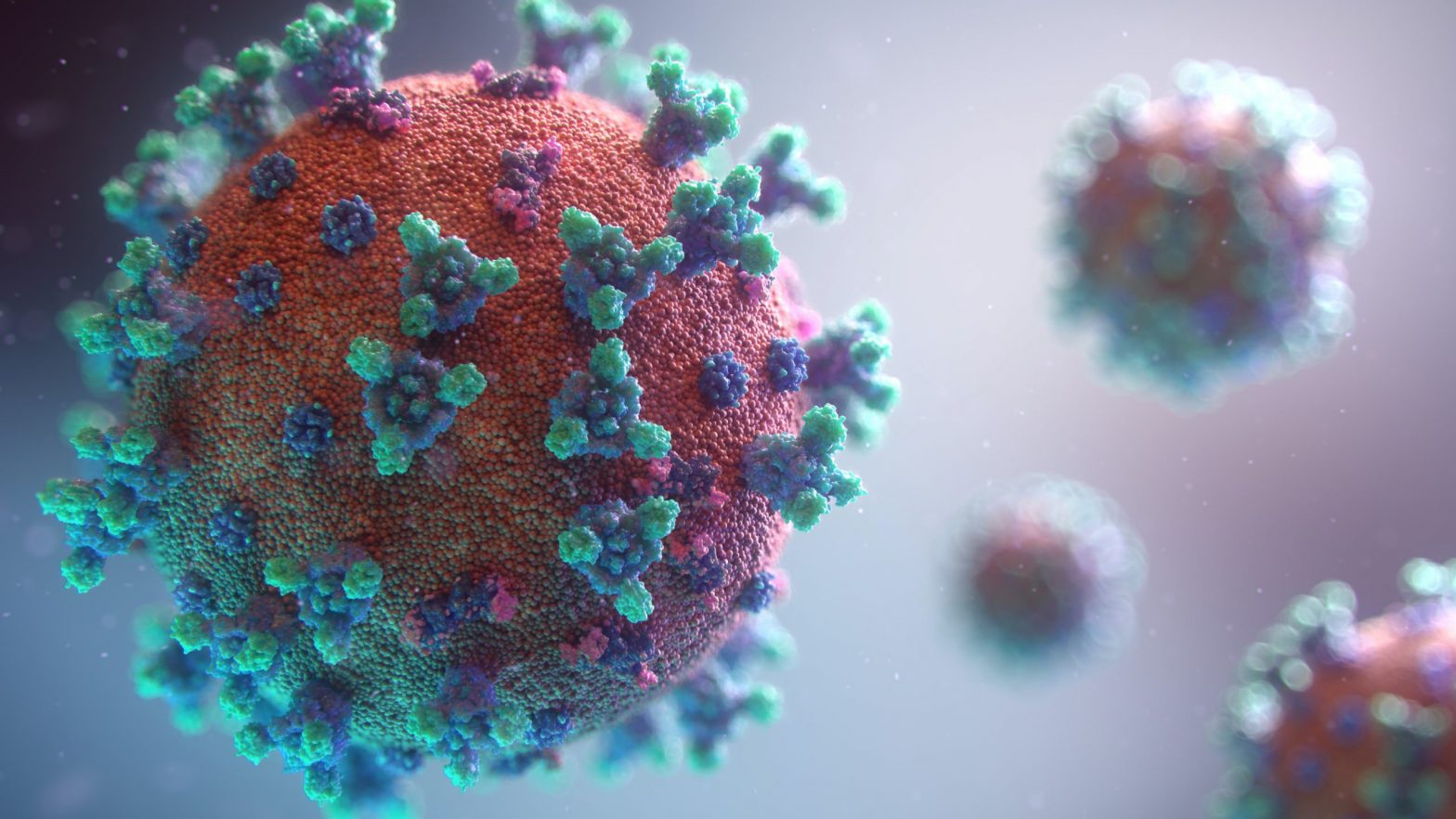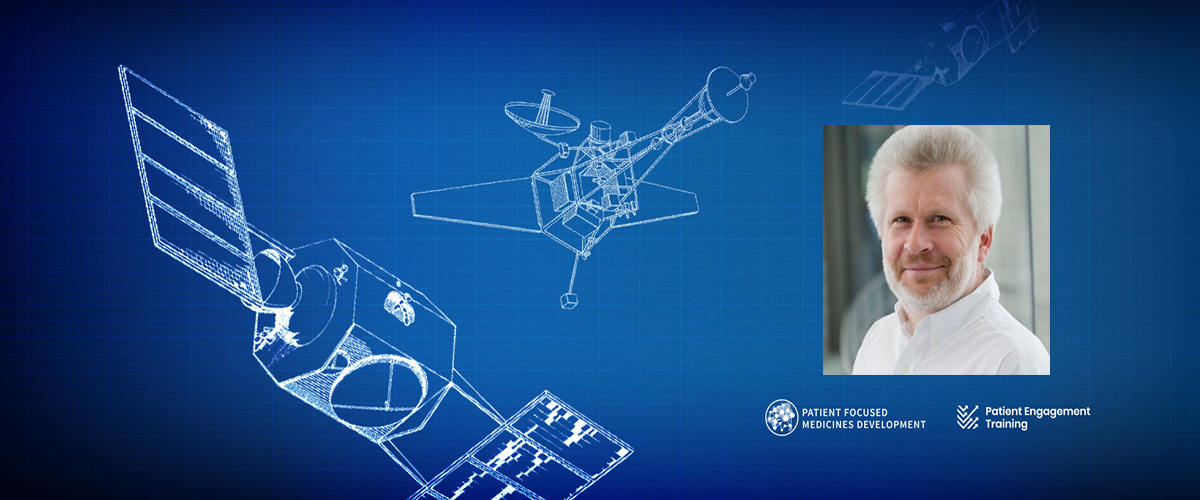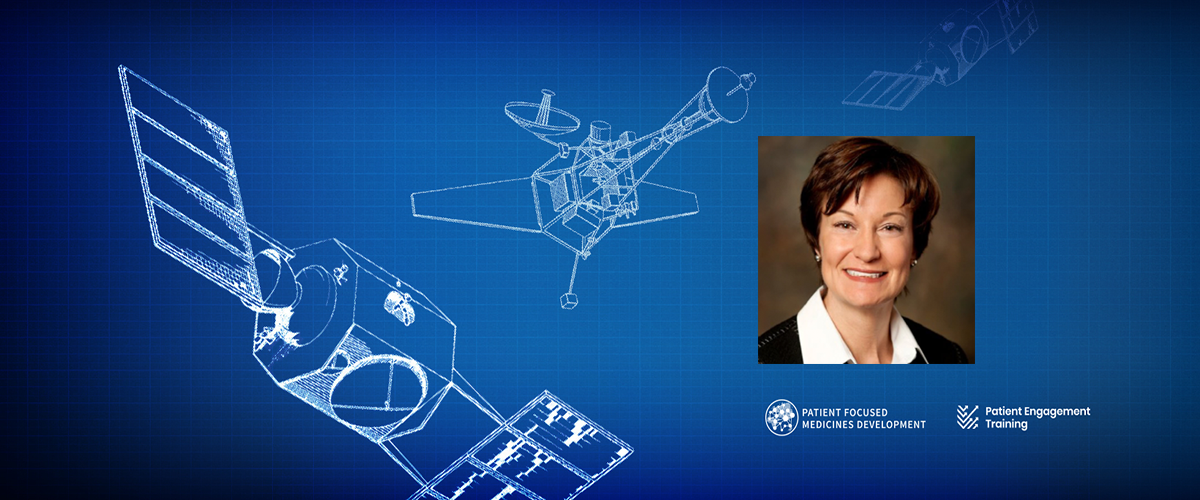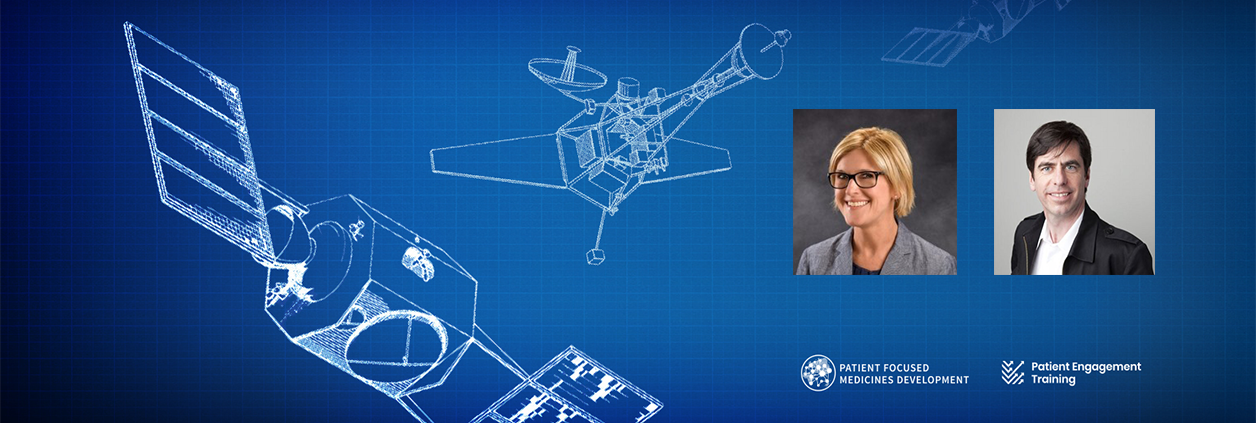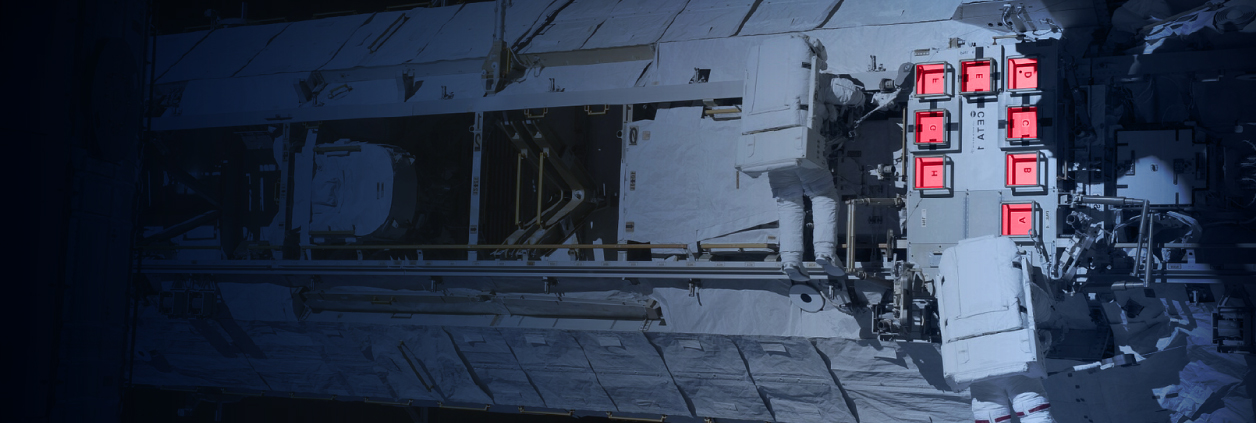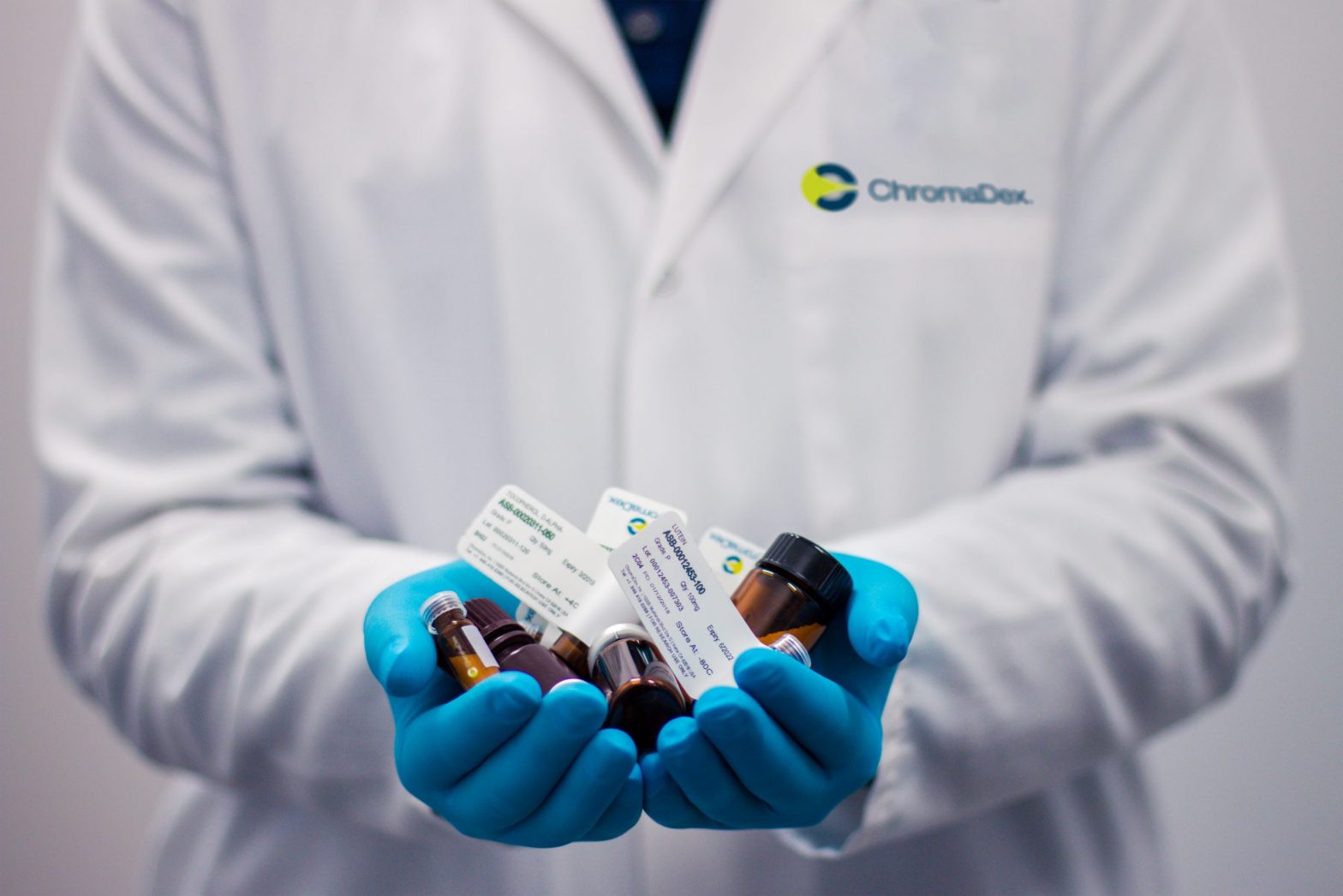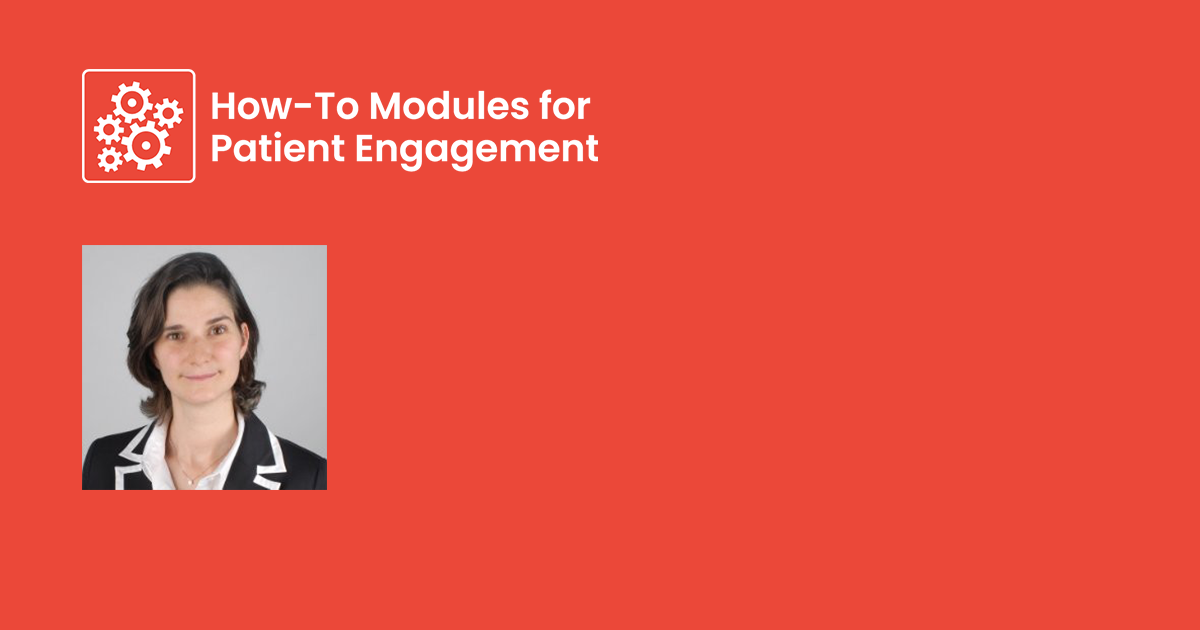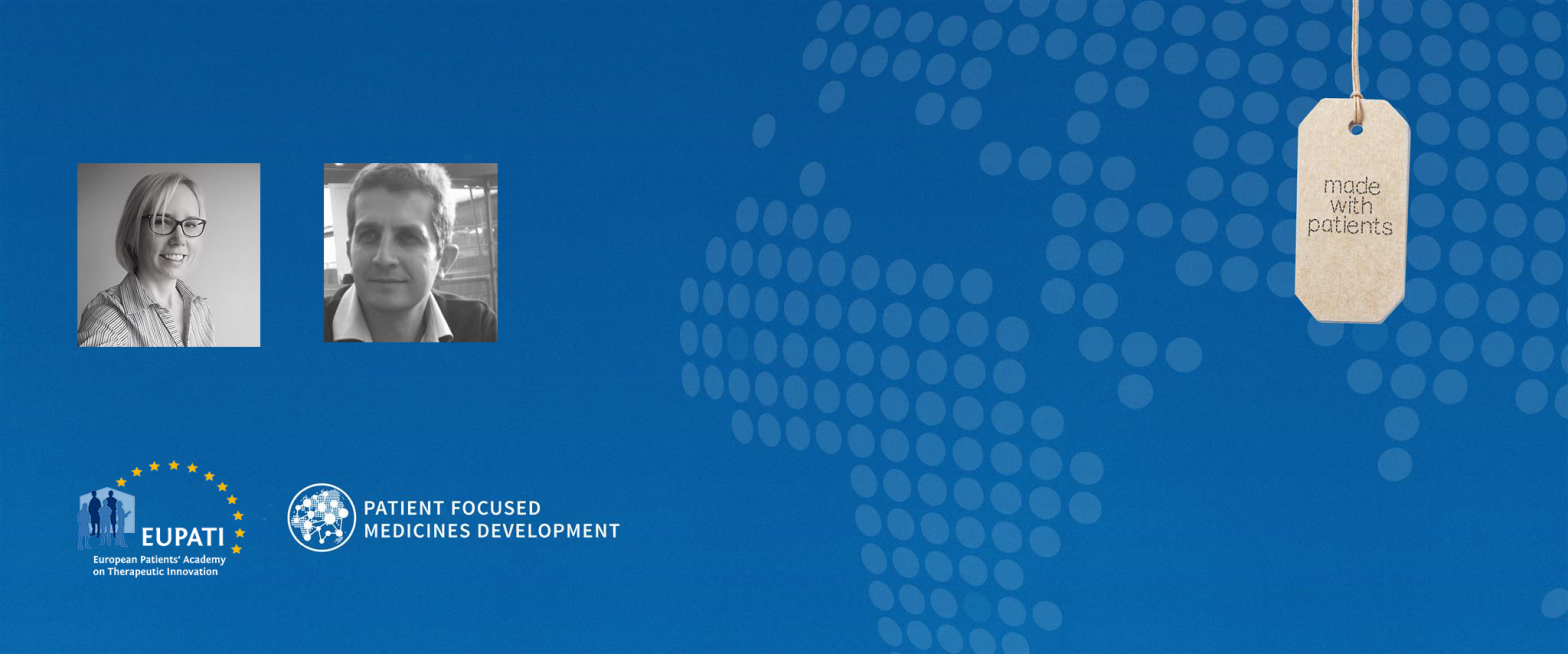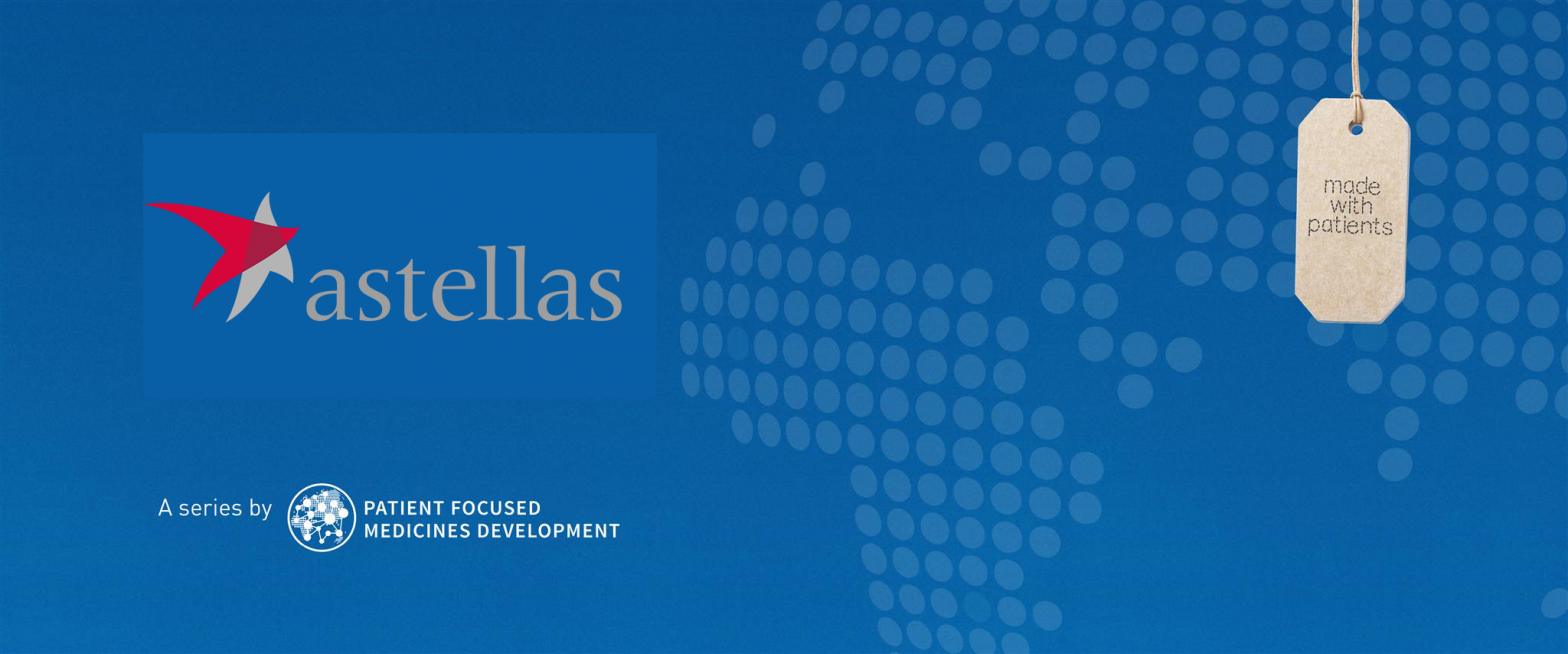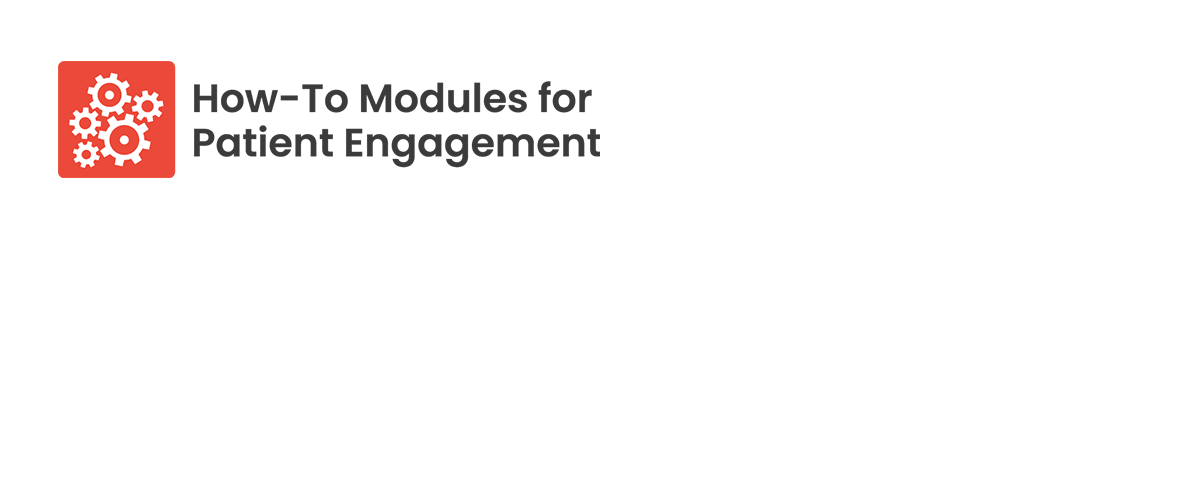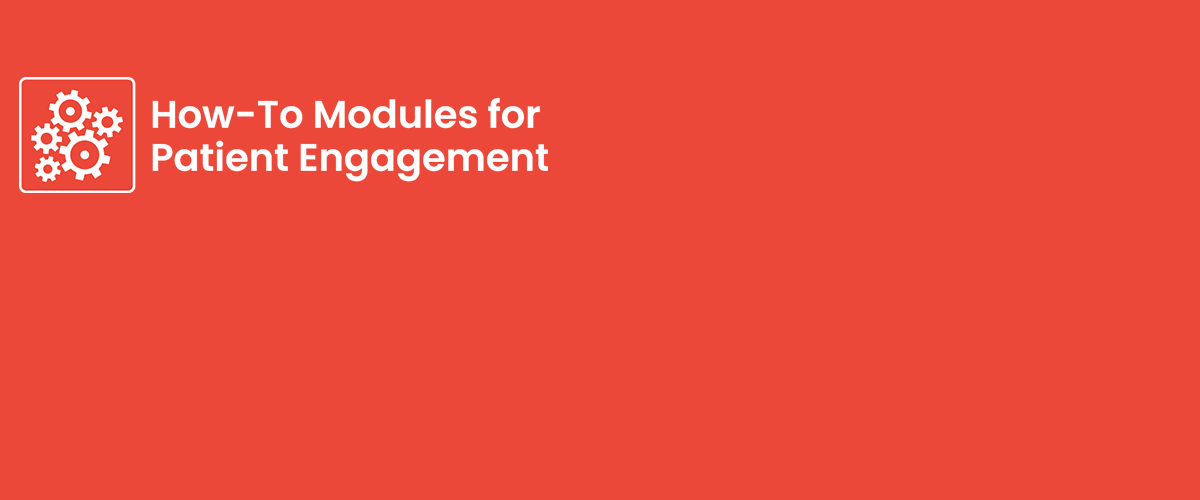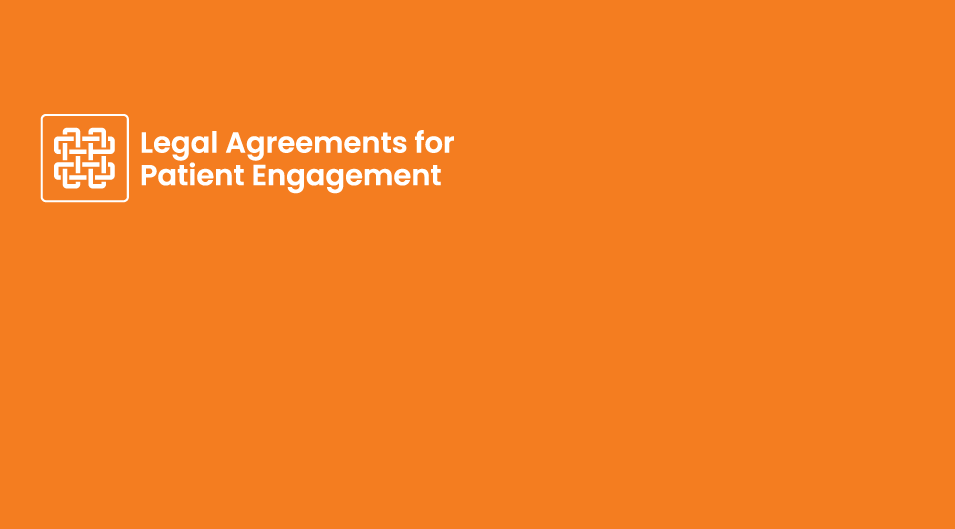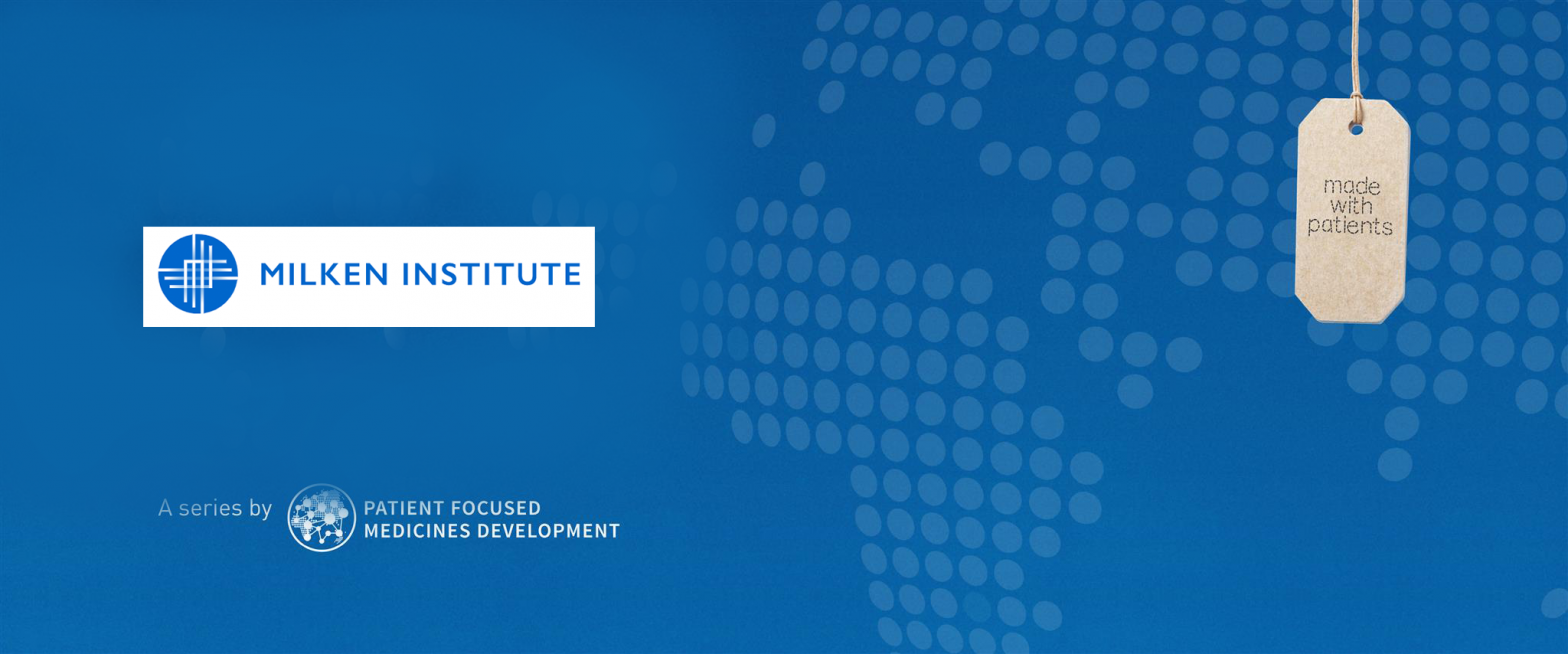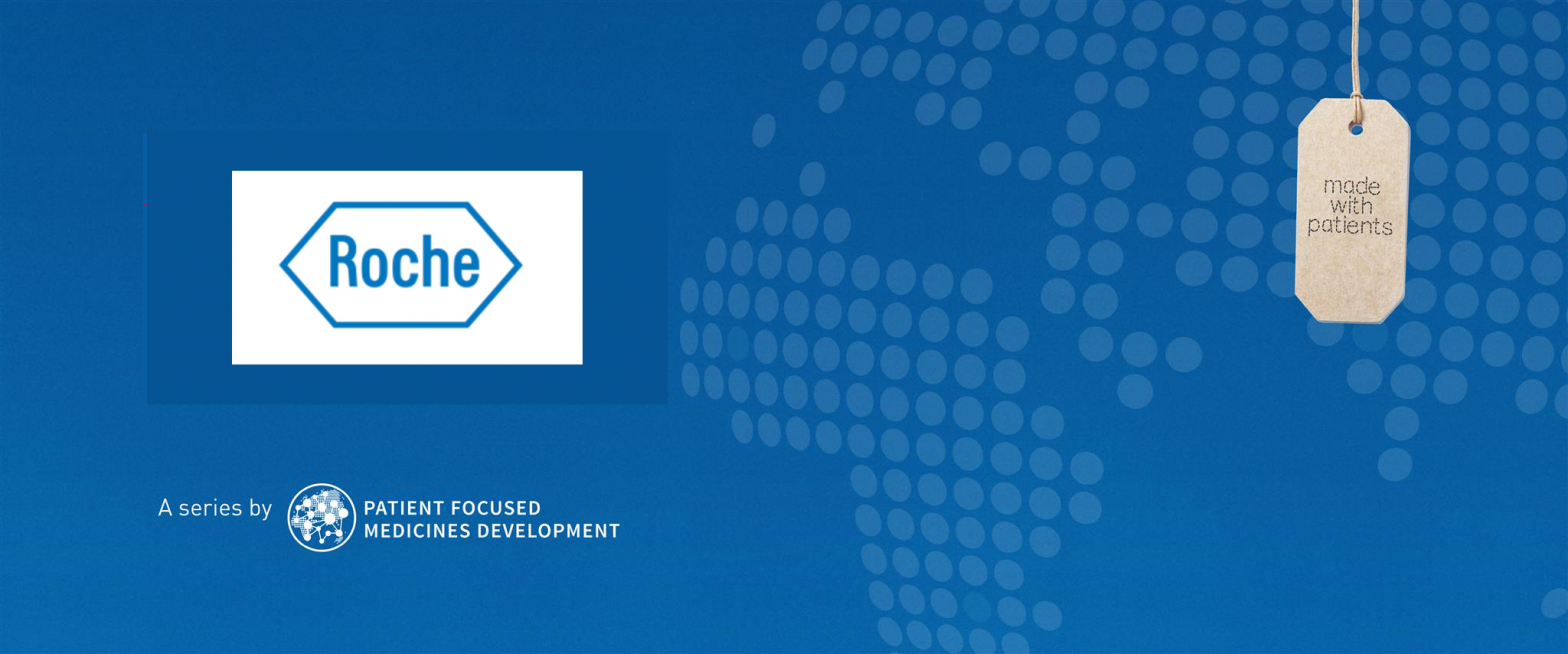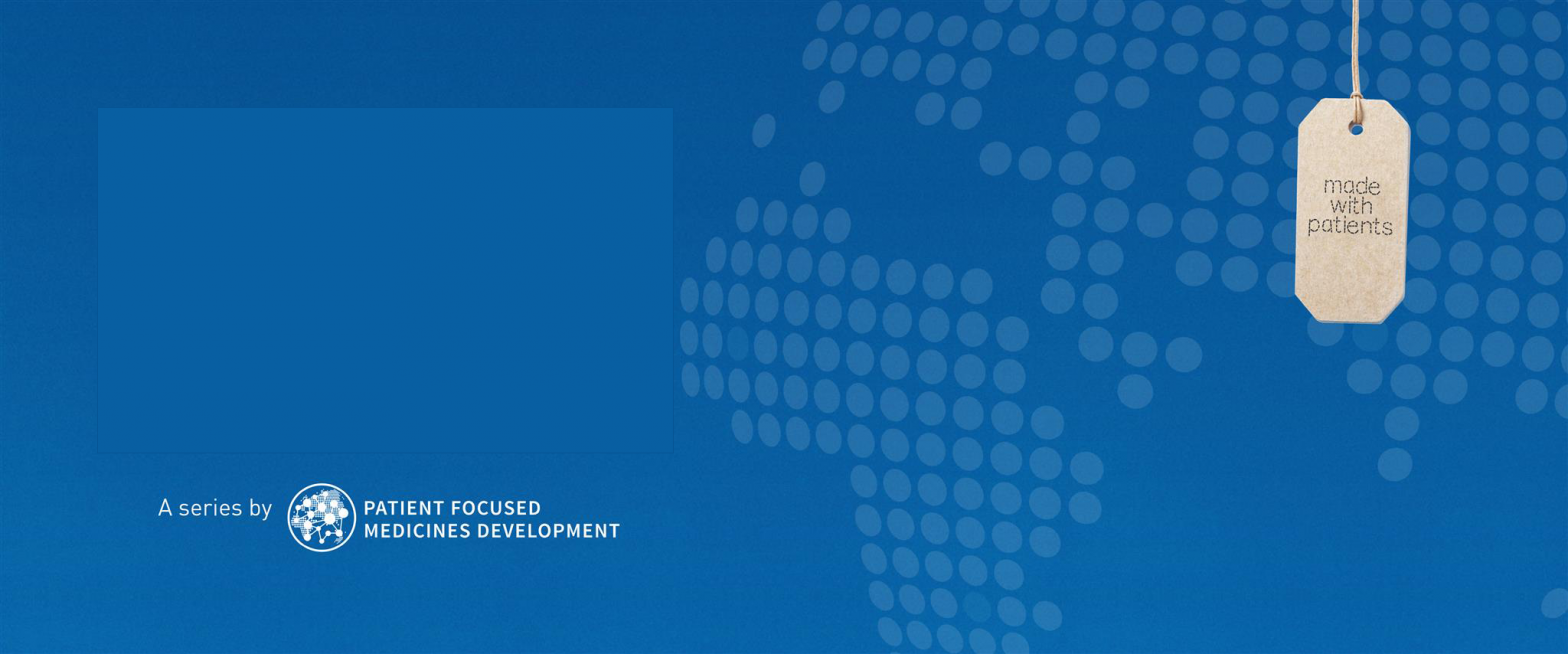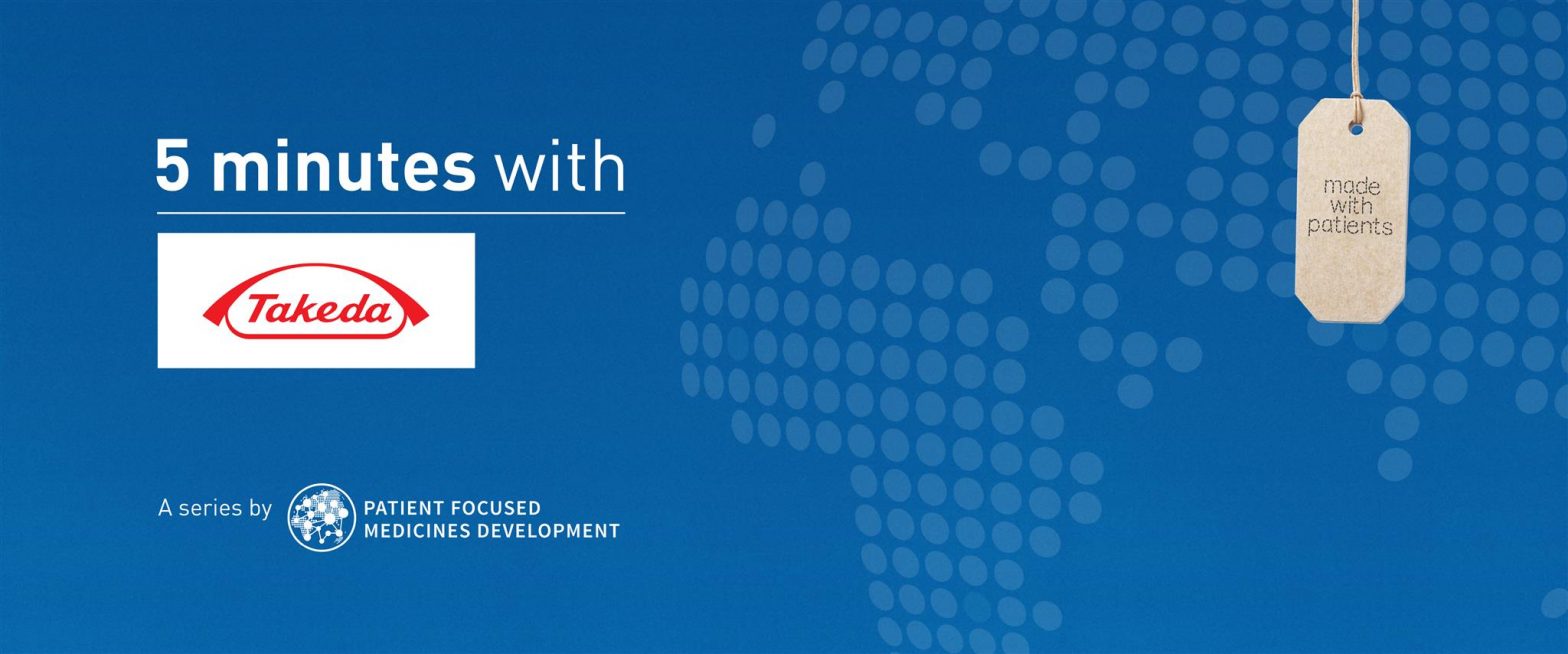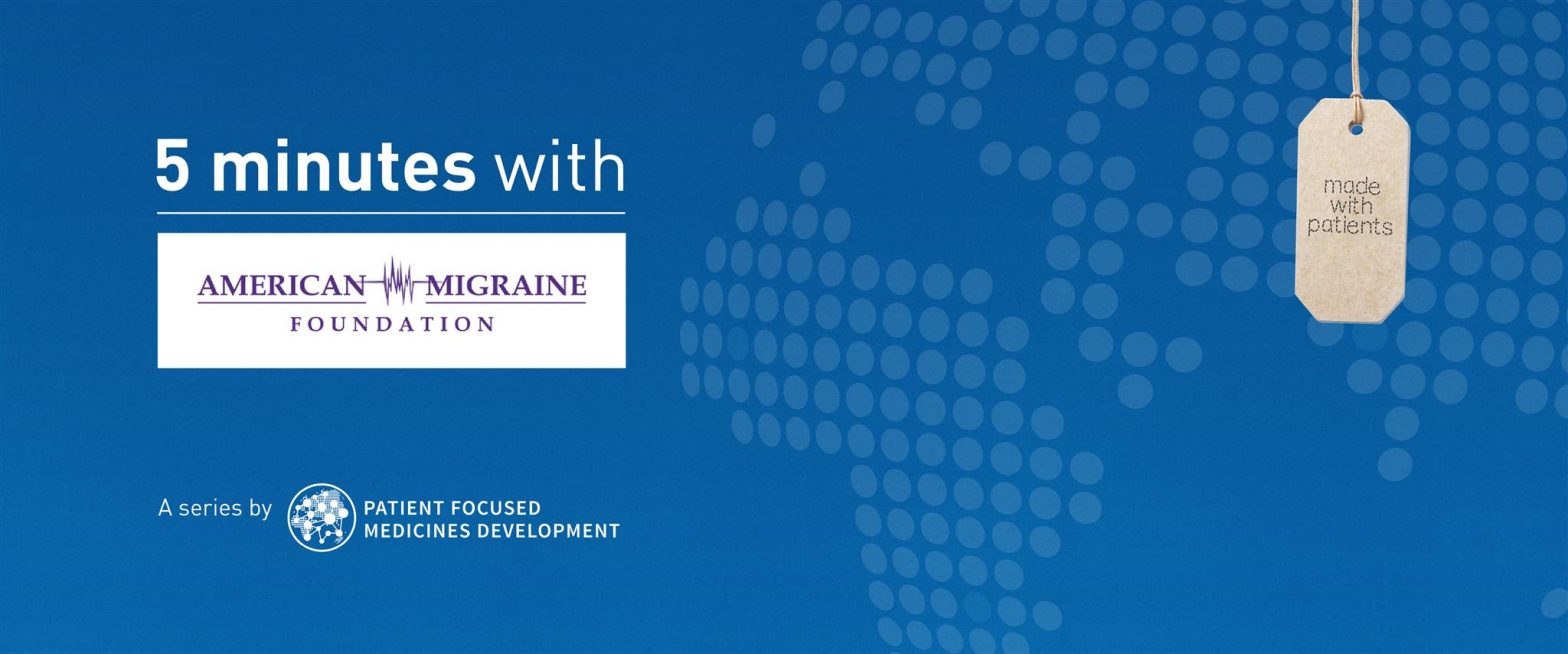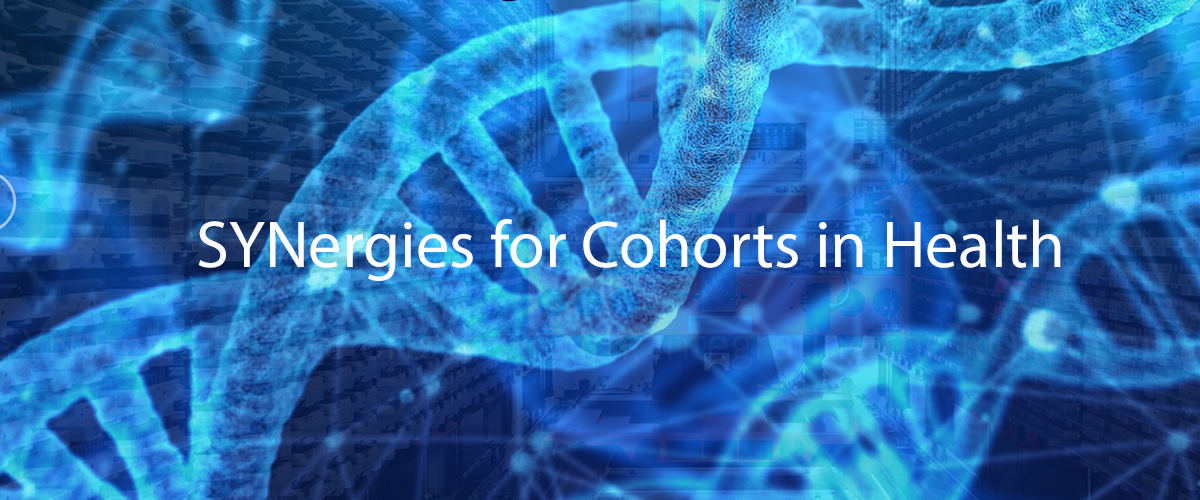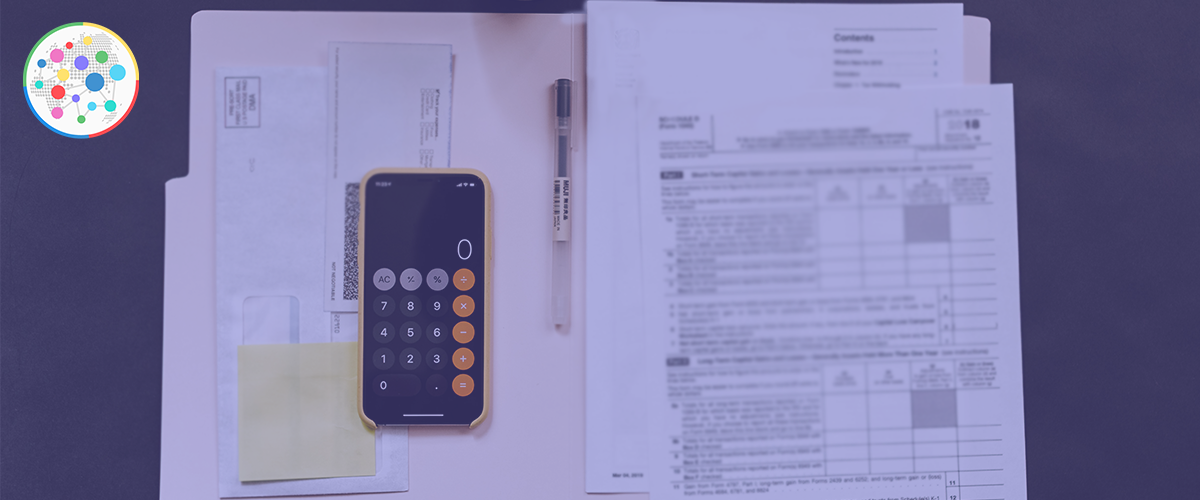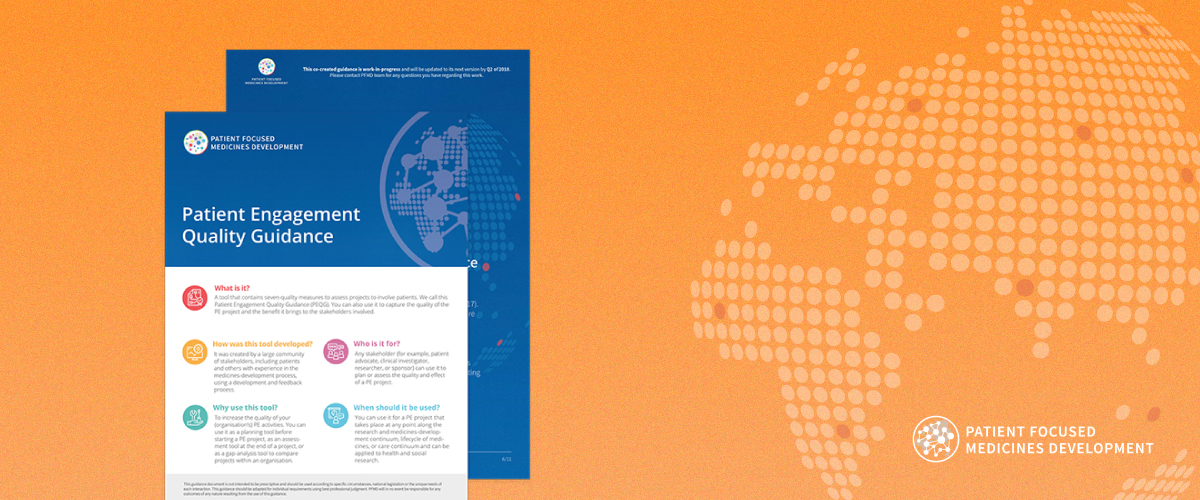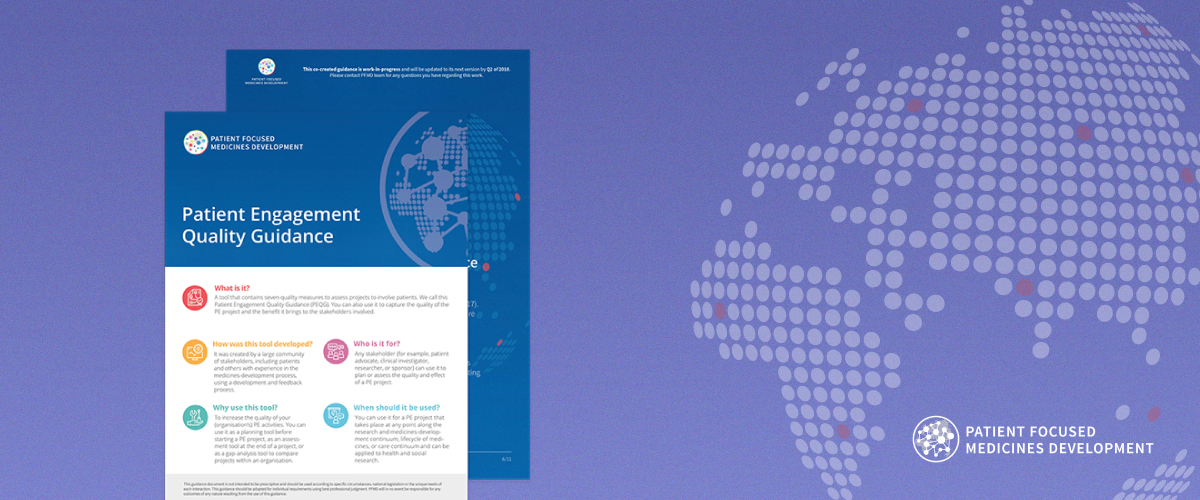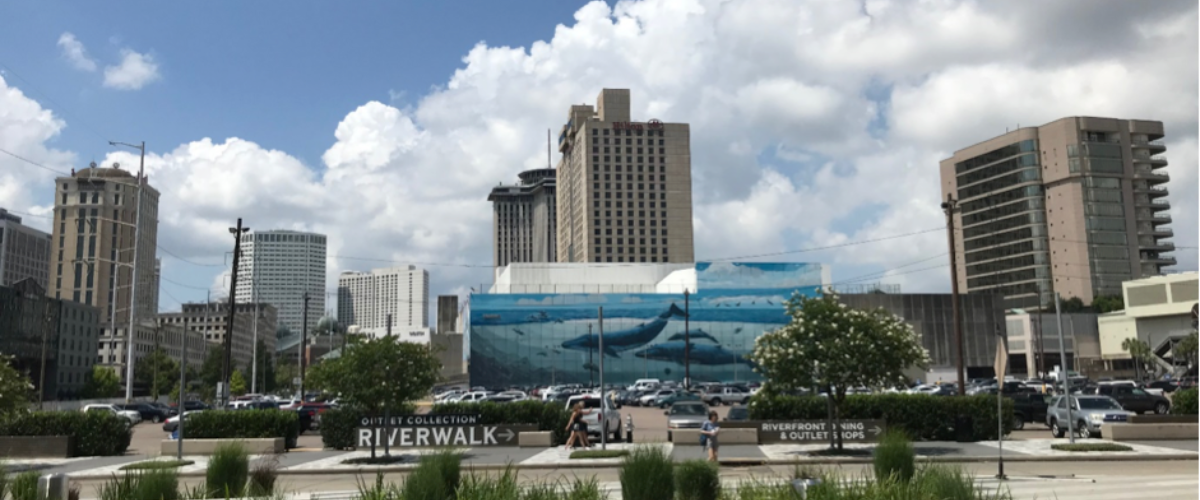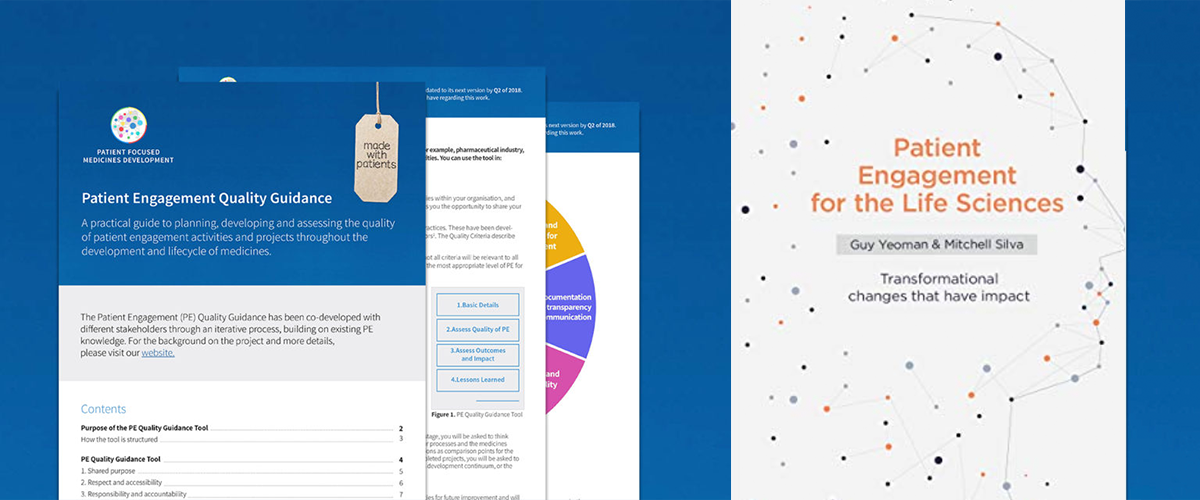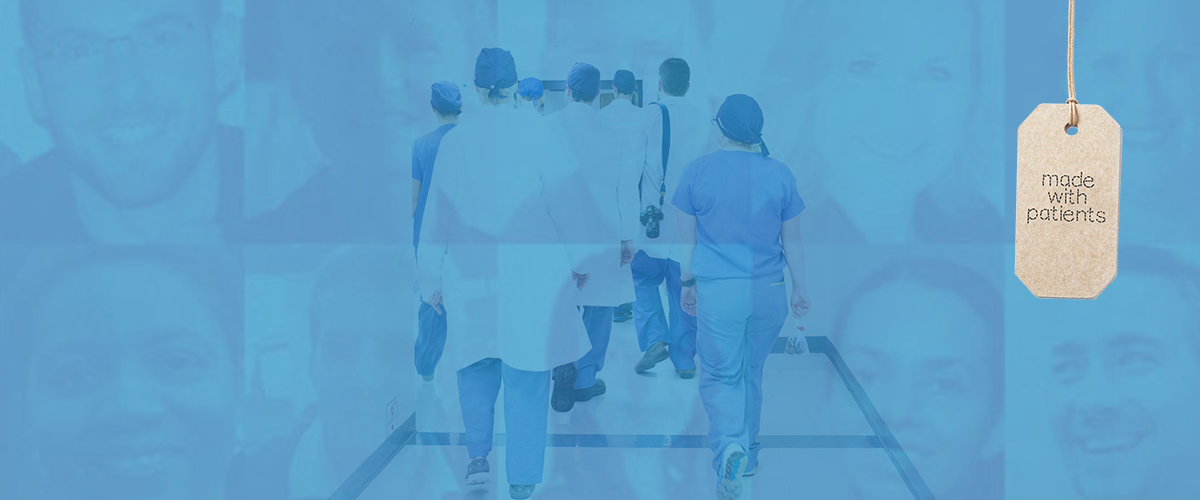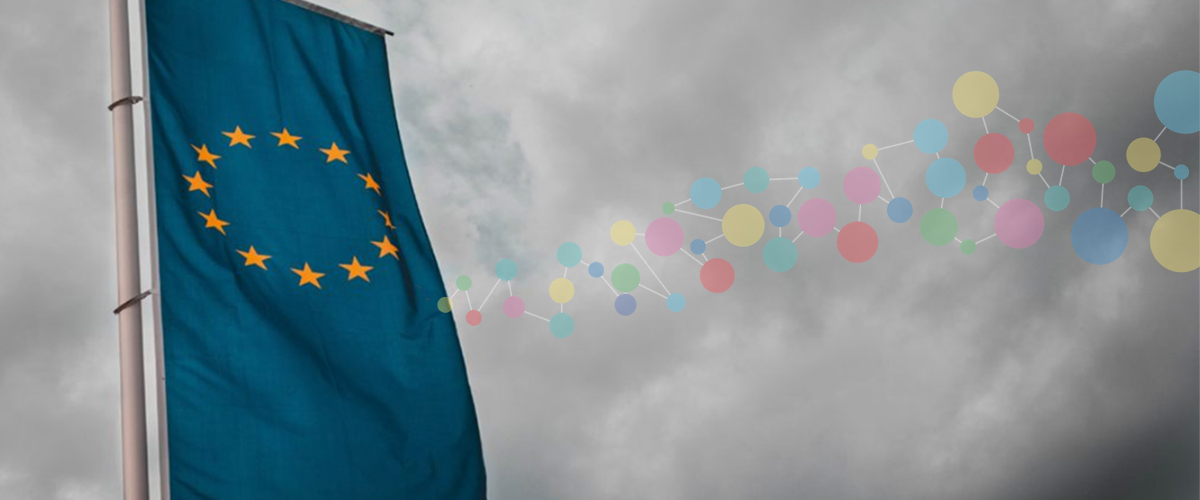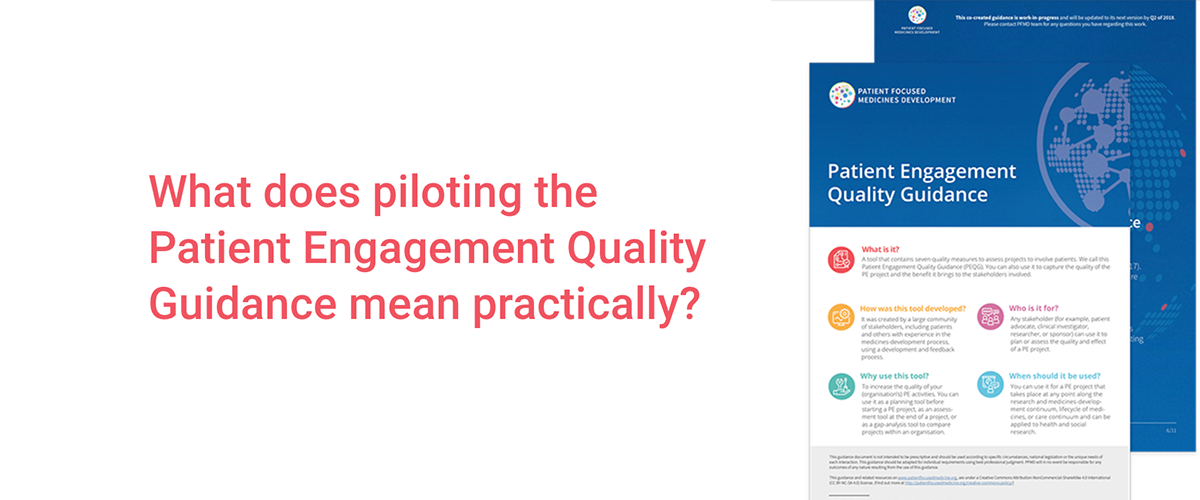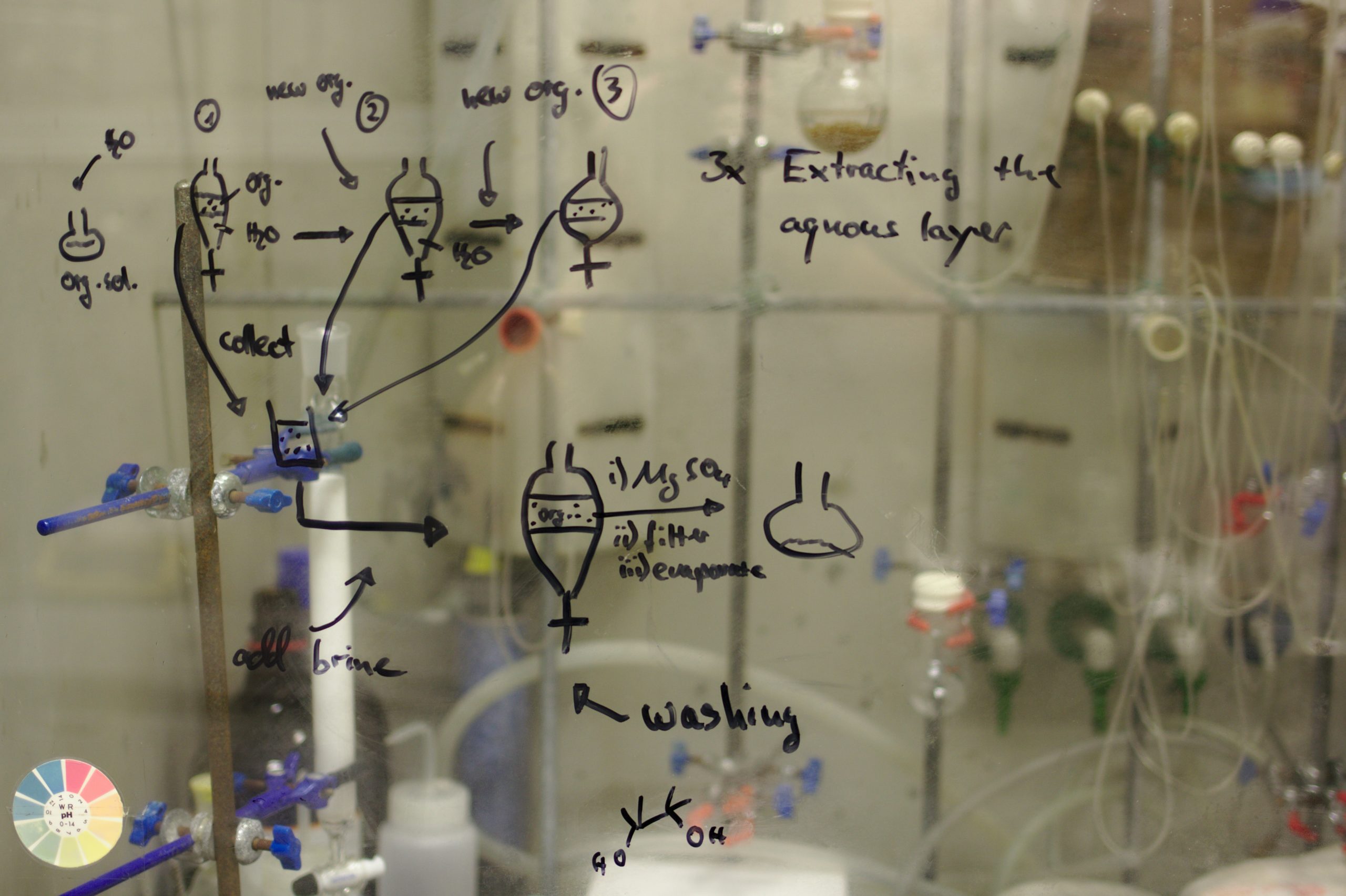Today (Tuesday 28 February) marks Rare Disease Day. Mathieu Boudes and Virginie Hivert from PFMD member organisation EURORDIS-Rare Diseases Europe highlight two flagship activities to make sure the voice of rare disease patients is heard.
Rare Disease Day primarily aims to raise awareness amongst the general public and decision-makers about rare diseases and their impact on patients’ lives. This awareness is an essential step in advocating for patients with rare disease and is also one of the aims of EURORDIS-Rare Diseases Europe – an alliance of 738 rare disease patient organisations in 65 countries. EURORDIS-Rare Diseases Europe works across borders and disease conditions to improve the lives of people living with a rare disease and in the 20 years since being established has made significant progress toward this overarching aim. A big focus of our work is to optimize patient engagement in research, in healthcare services, in medical and social care and in the lifecycle of medicinal products.
One of the challenges for rare diseases is building a community where there are only few patients with each condition – so coming together, connecting and learning from experience is critical for us. We have included two flagship programmes into PFMD’s patient engagement landscape global mapping and networking tool to share our experiences and efforts but also to connect and learn from others in the patient engagement community who have shared their own initiatives on the online platform. We can get inspiration by using the tool to find out what’s happening in other non-rare disease areas.
The first programme included in the mapping and networking tool is the Summer School – a training programme that has been running for almost 10 years including topics such as therapeutic development, regulatory issues, and assessment and focuses on providing patient attendees with the knowledge, tools and guidance they need to become active participants in these processes. The week-long face-to-face event is supported by an online Training Resource Centre which provides an overview of topics covered at the Summer School as well as exercises to familiarise trainees with some of the key concepts and issues presented. The Summer School attracts patients from all over Europe and beyond (more than 300 alumni) and from wide-ranging medical areas. Since 2015 the School has combined training for both expert patients and researchers on medicines development.
The second programme is MoCA – Mechanism of Coordinated Access to orphan medicinal products – which seeks collaborative ways to identify and assess the added value of orphan medicinal products. MoCA provides an essential dialogue between rare disease patients/patient representatives, payers and industry so that they can discuss the potential value of agents early in the drug development process and how to access novel therapies. The issue of access to orphan medicines is a core topic for EURORDIS-Rare Diseases Europe and this month we published Breaking the Access Deadlock to Leave No One Behind, a work-in-progress reflection paper on possibilities for patients’ full and balanced access to rare disease therapies.
Making sure we share our work and approaches is a priority for us, at the end of the day we all want improved patient engagement that is less fragmented, more consistent and more effective. Drugs developed with better patient engagement will mean more relevant treatments and interventions and more meaningful outcomes for patients.
Getting on the patient engagement map to raise awareness of rare diseases
Tags:


